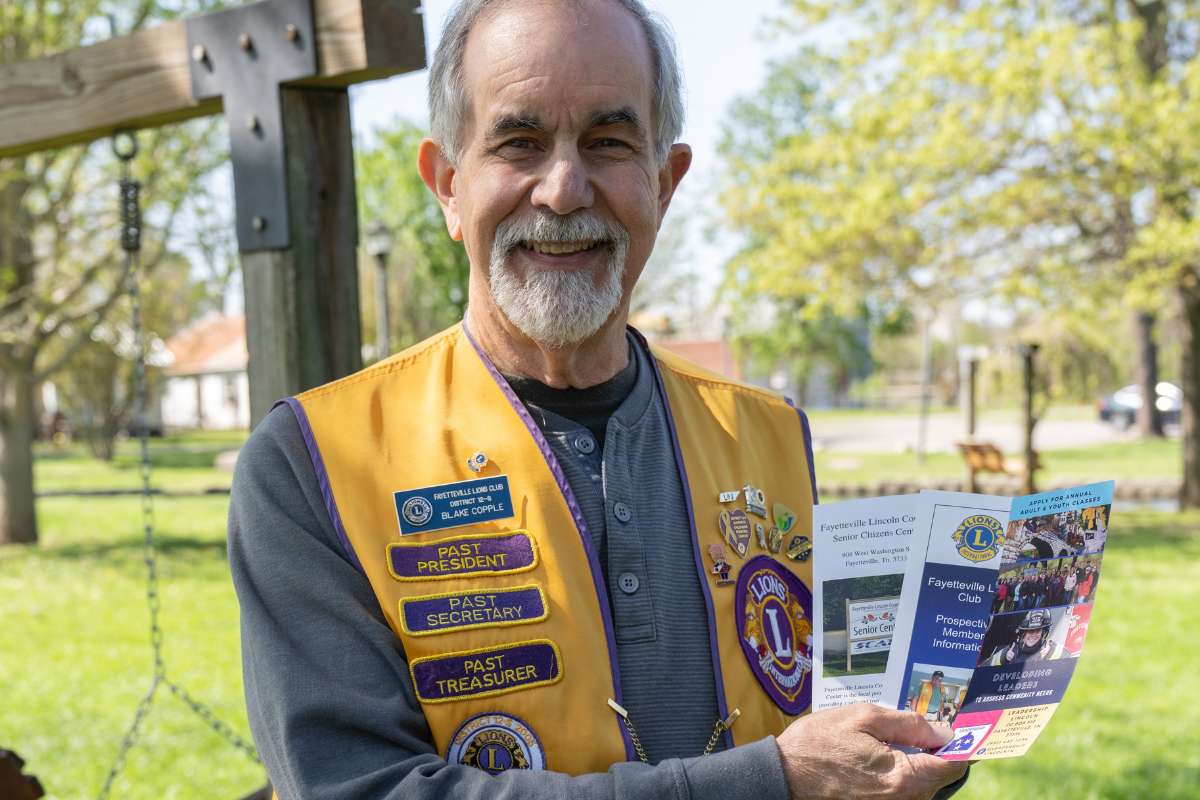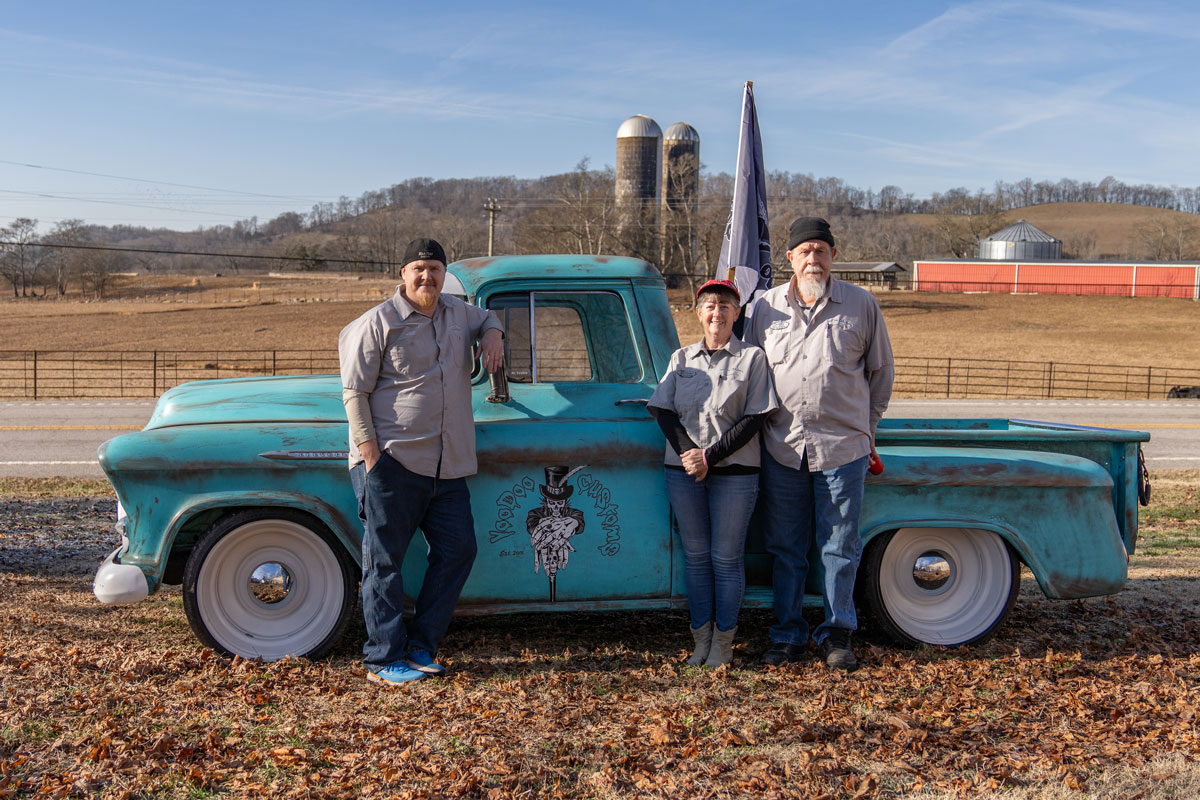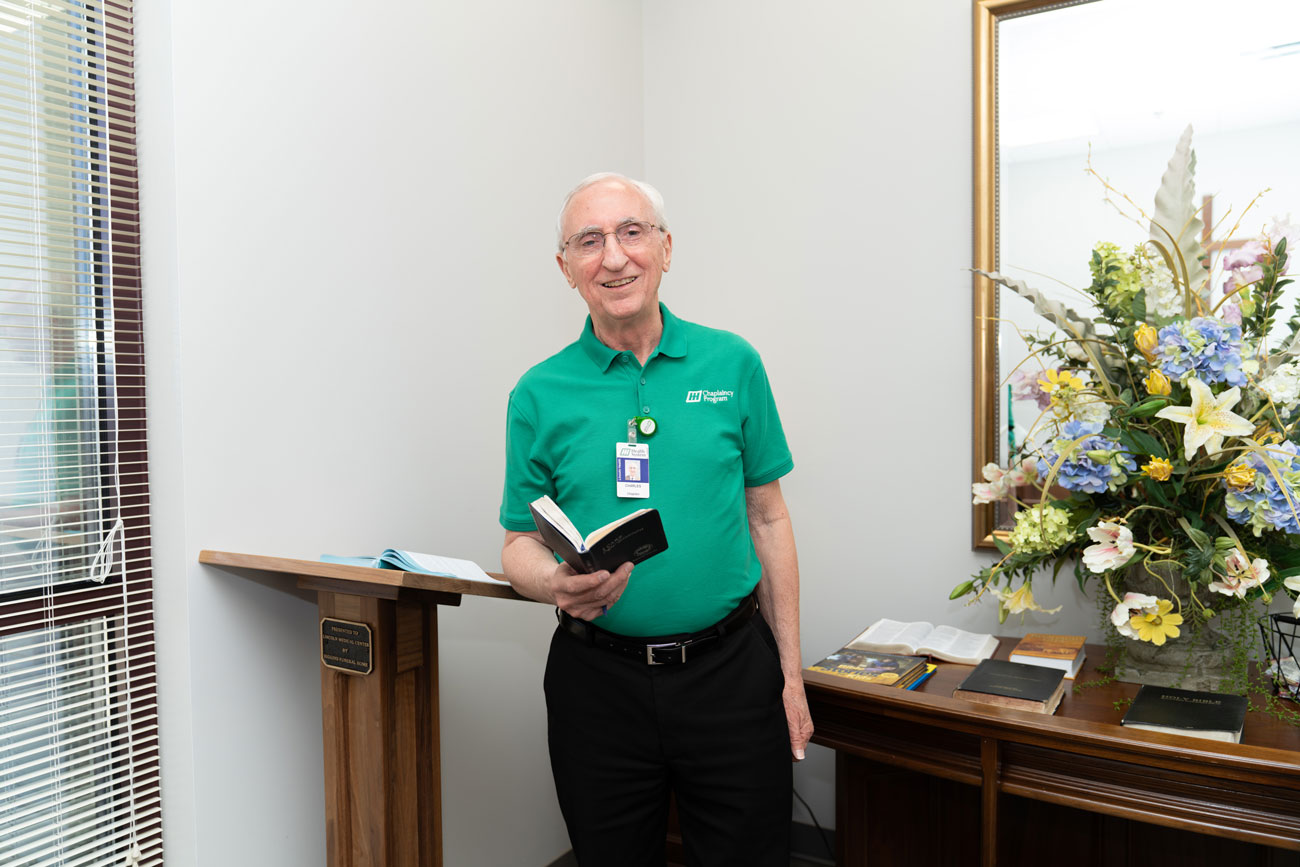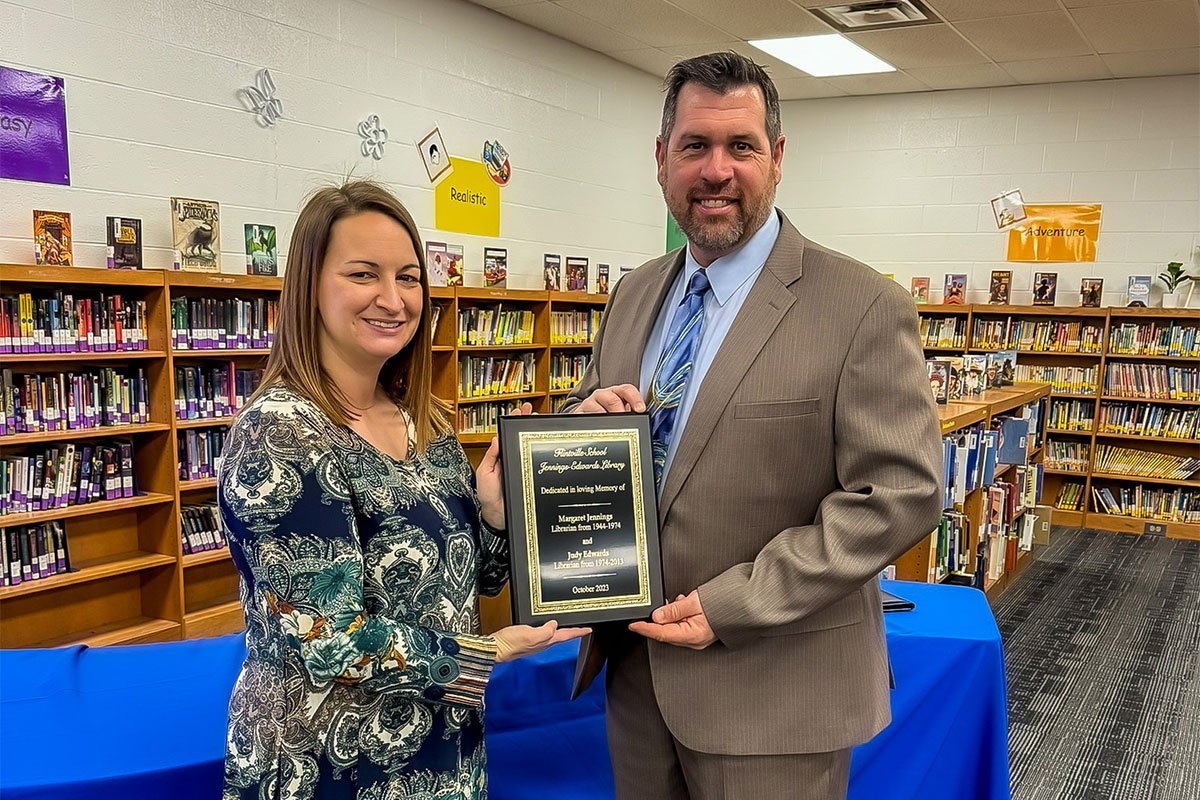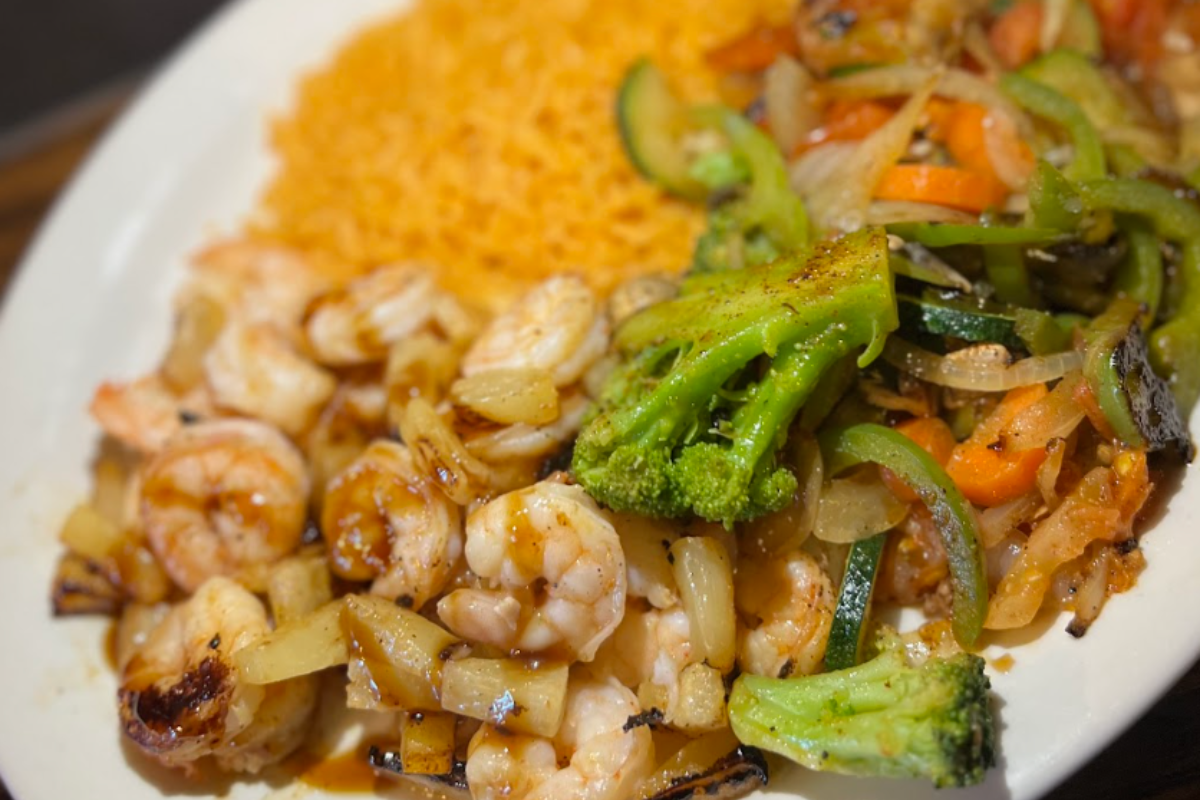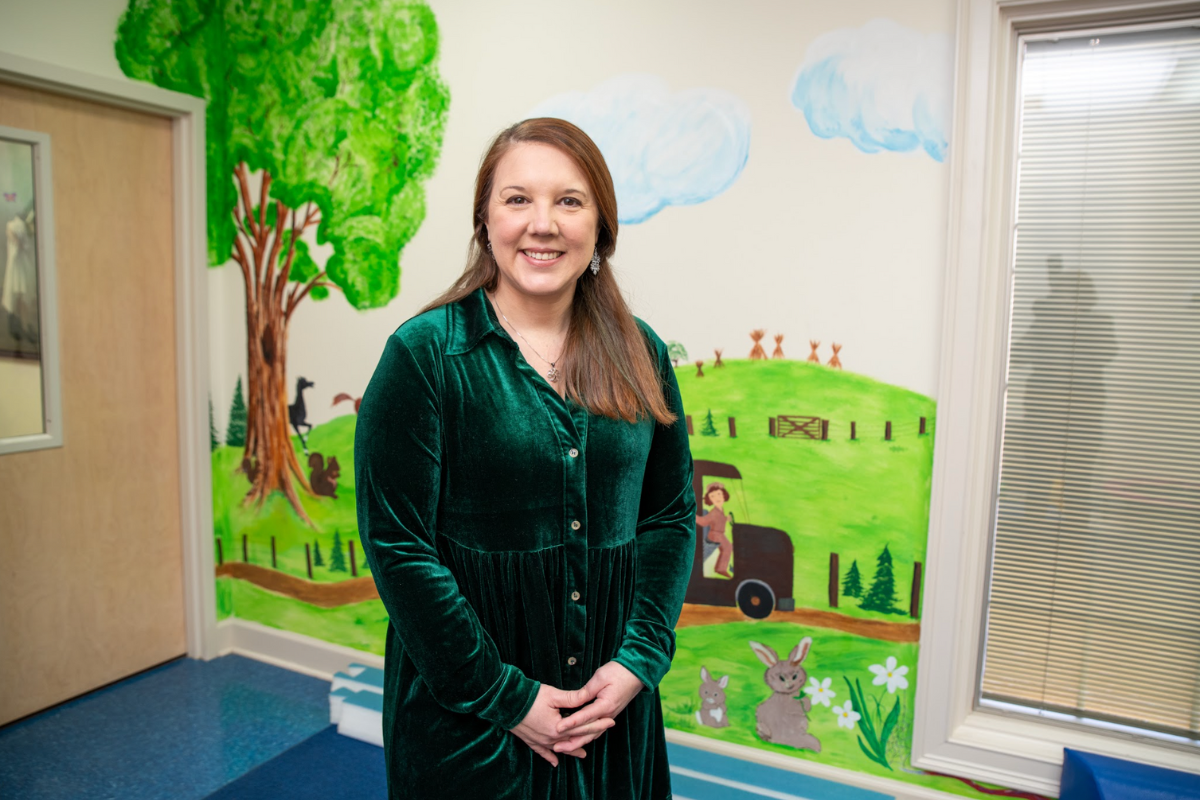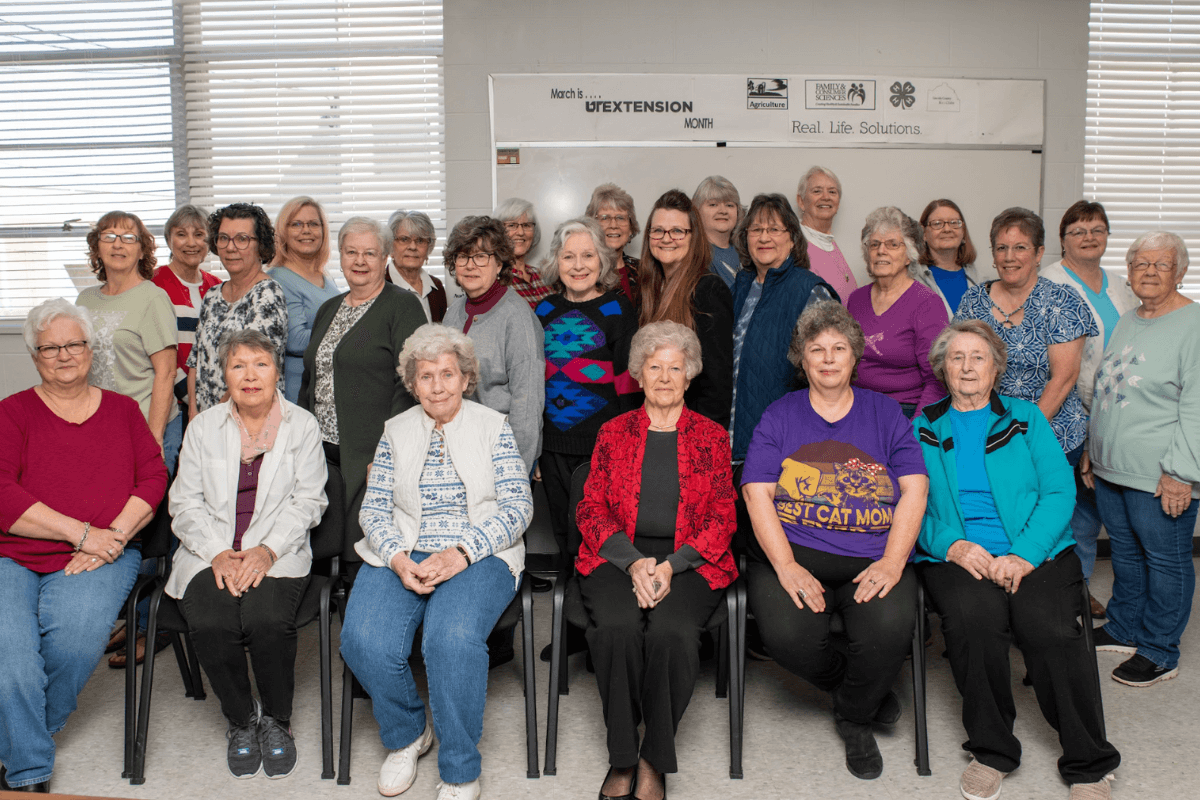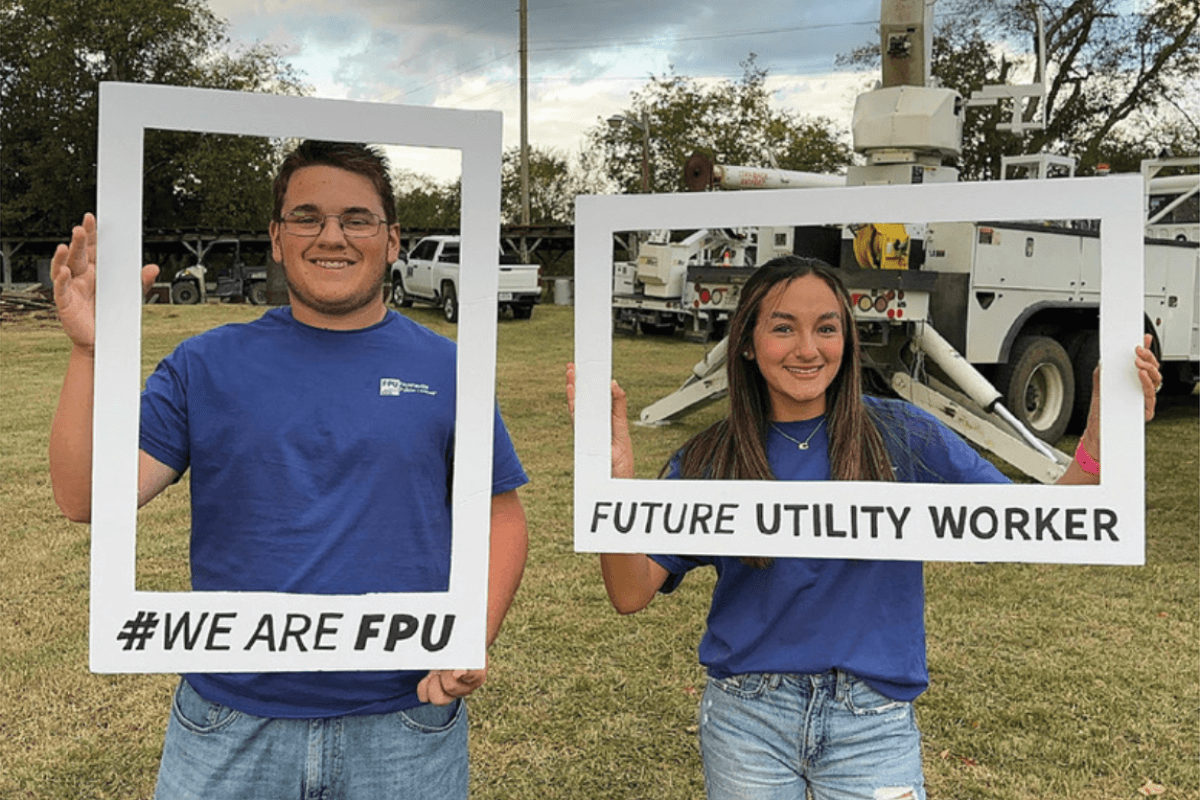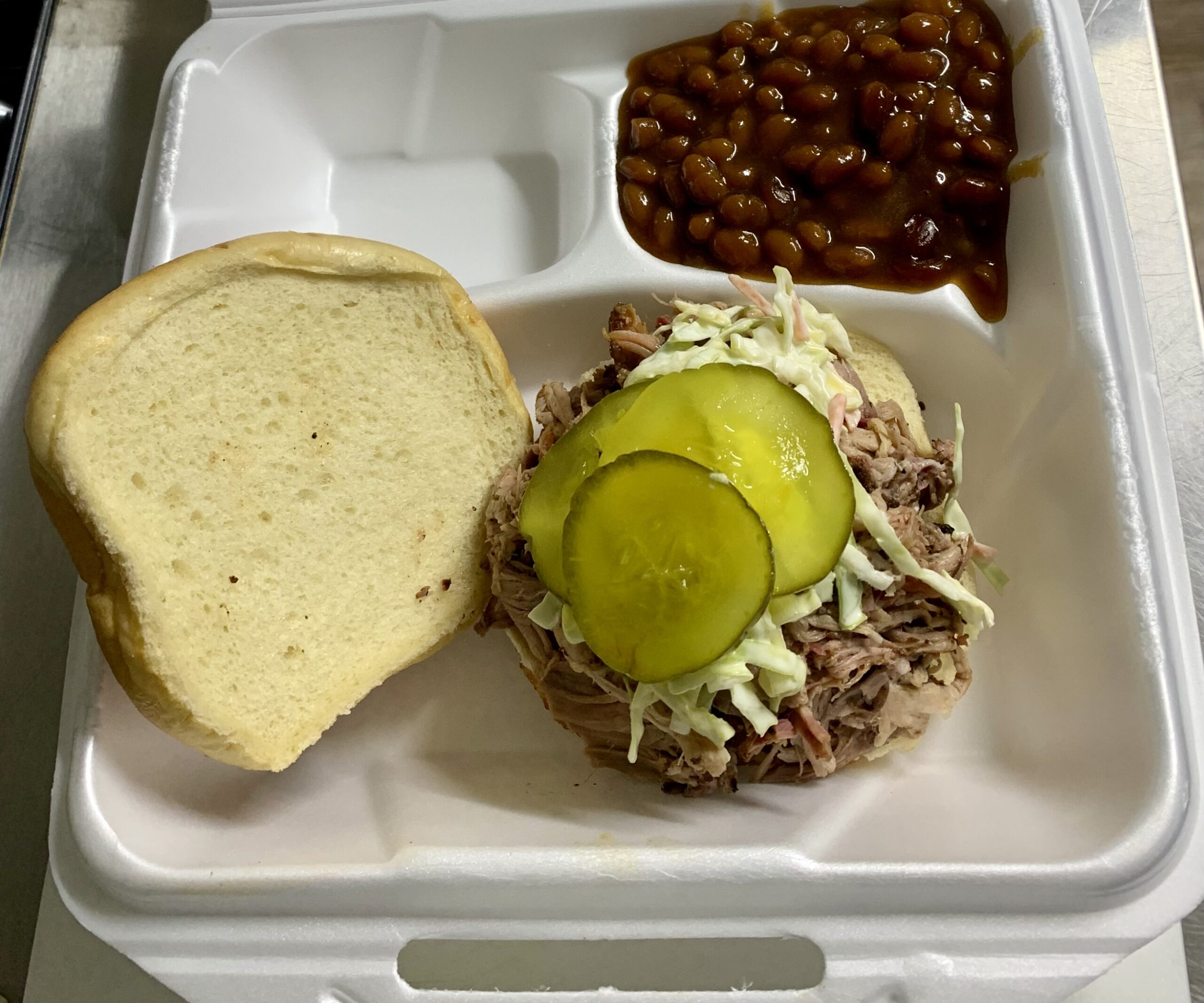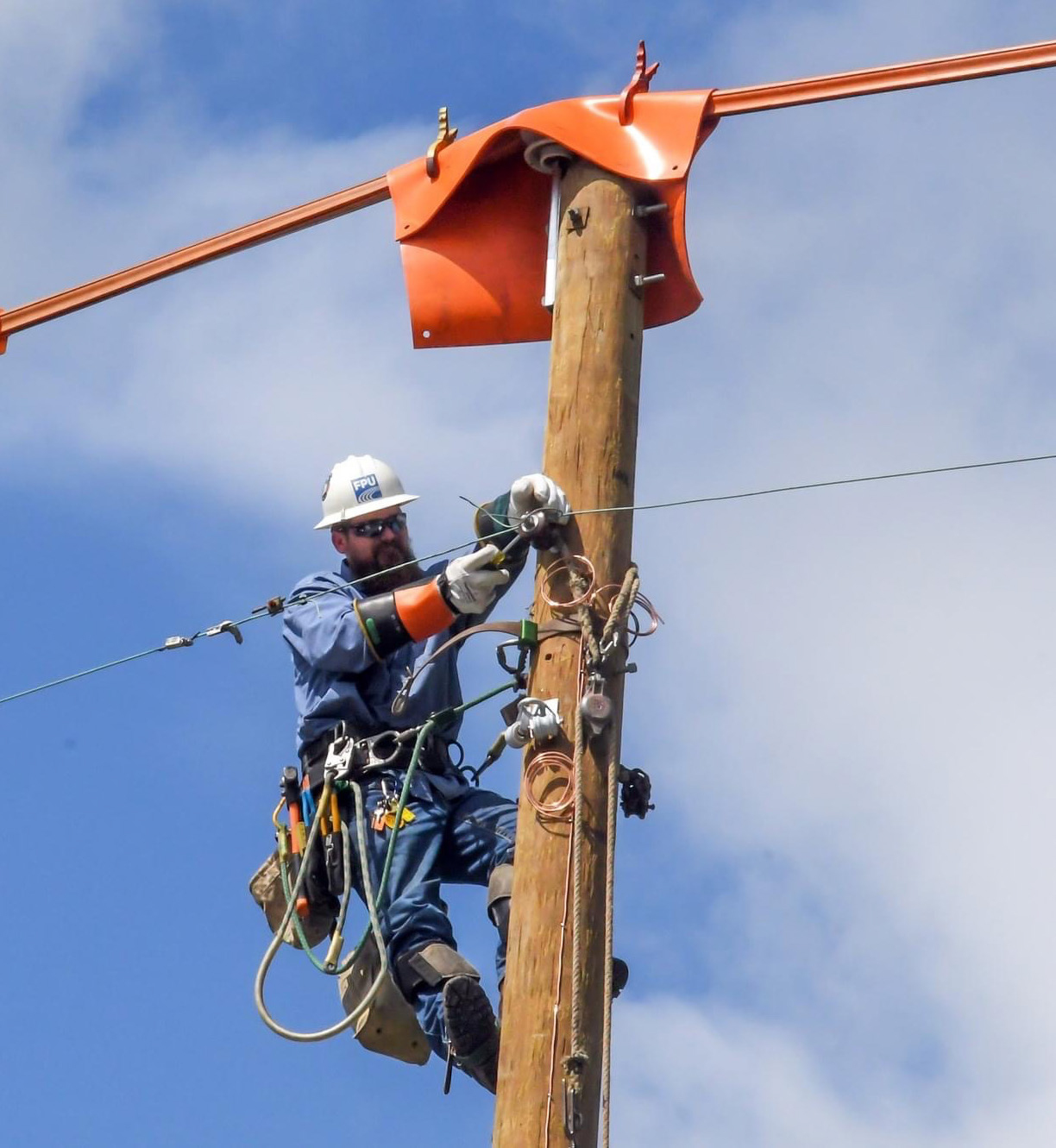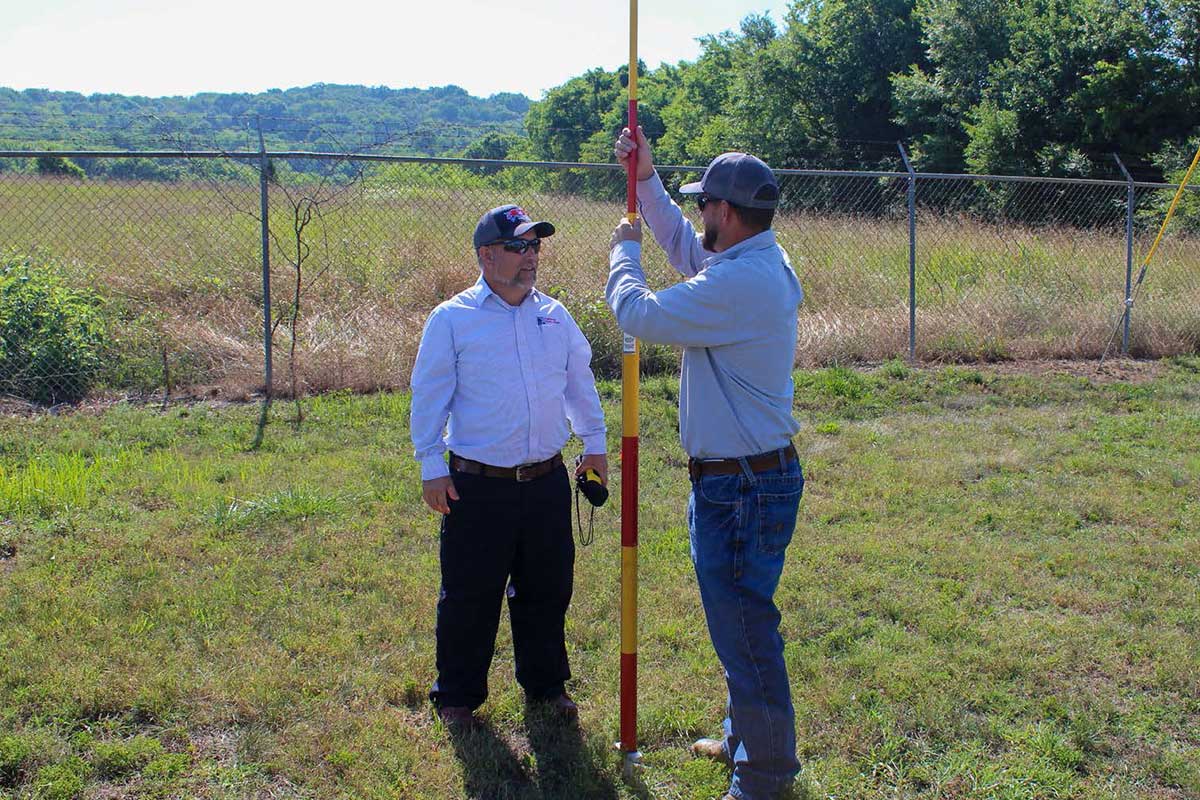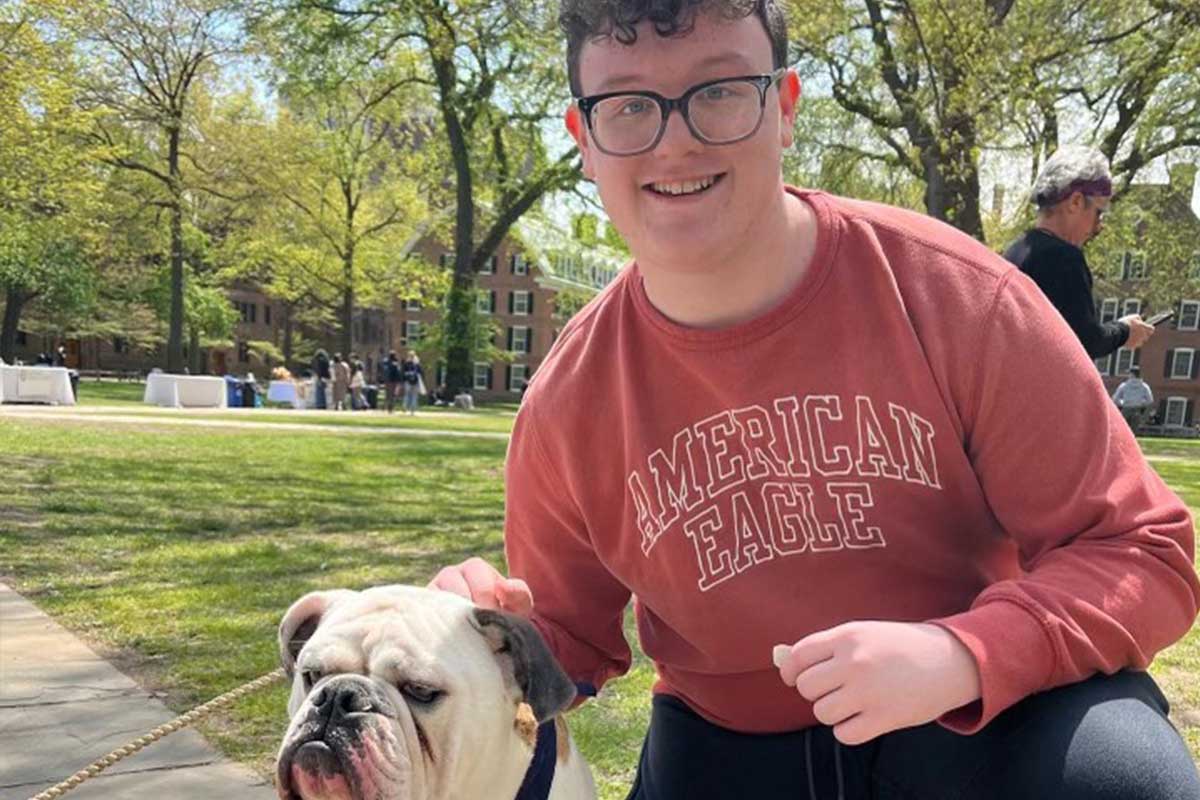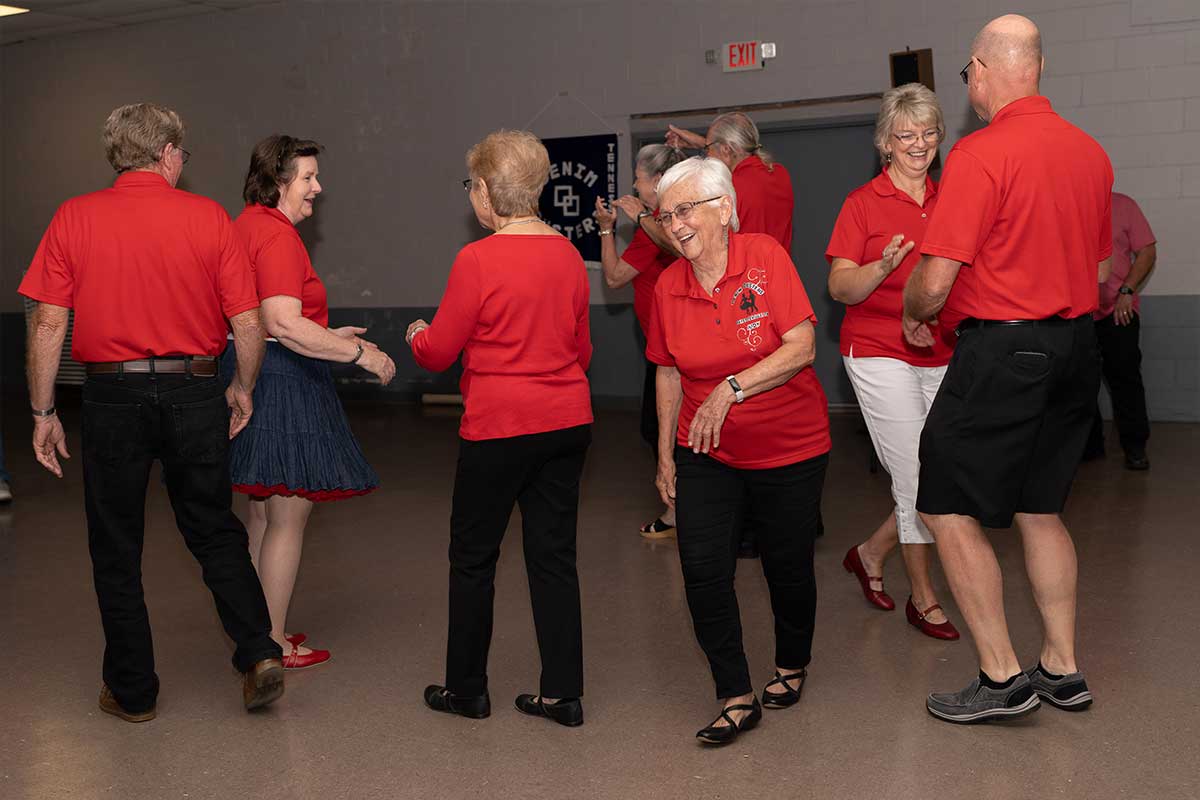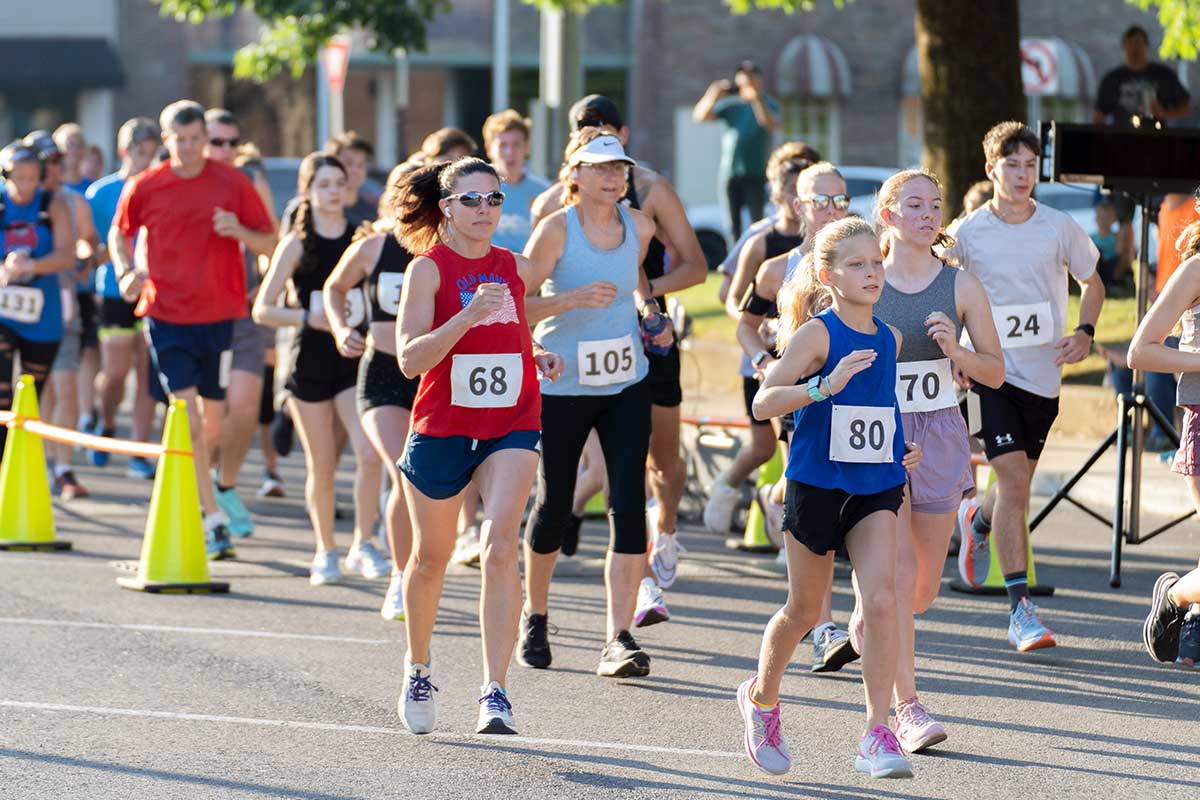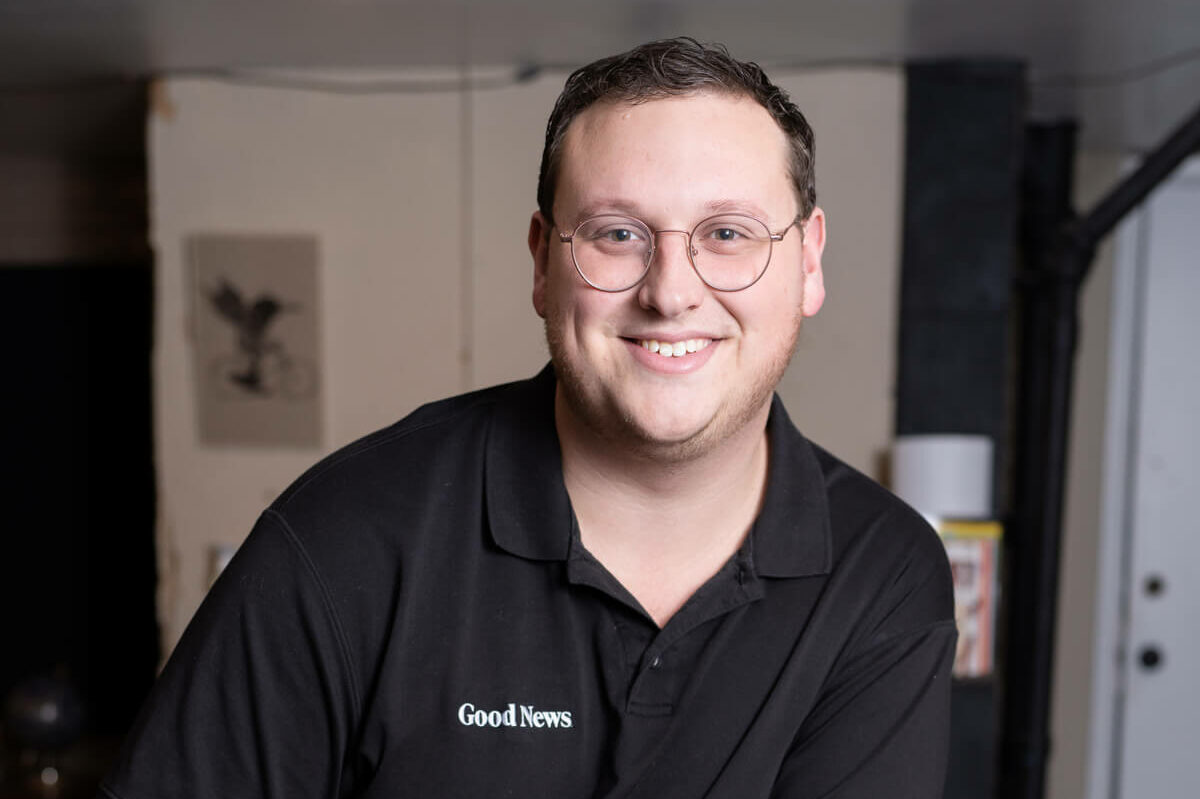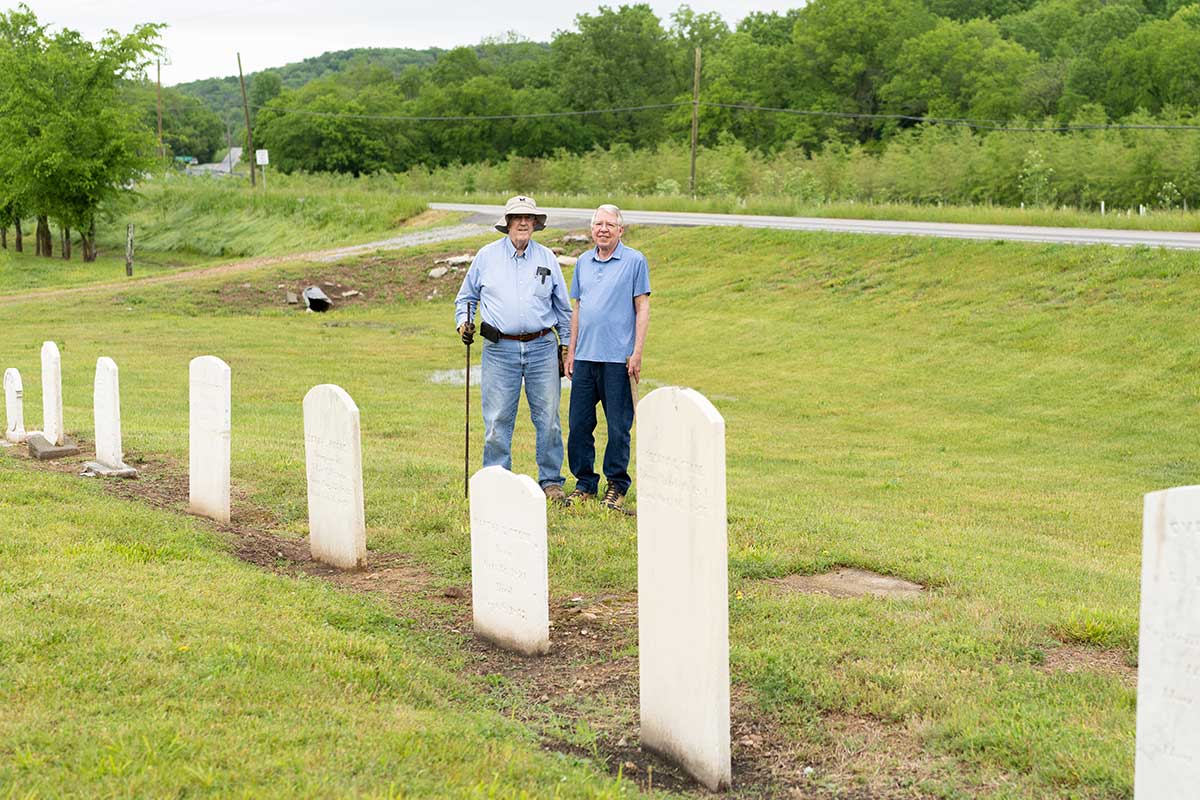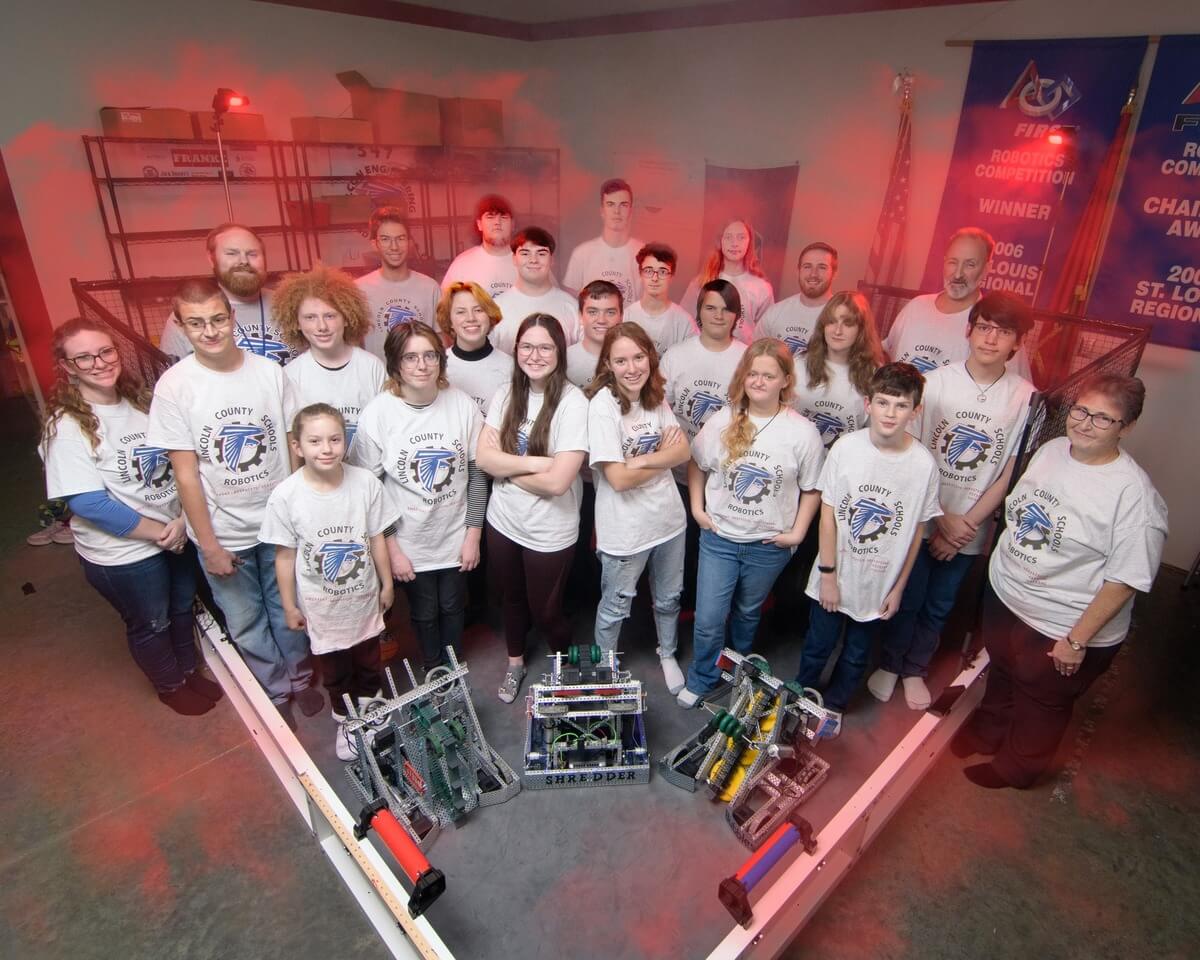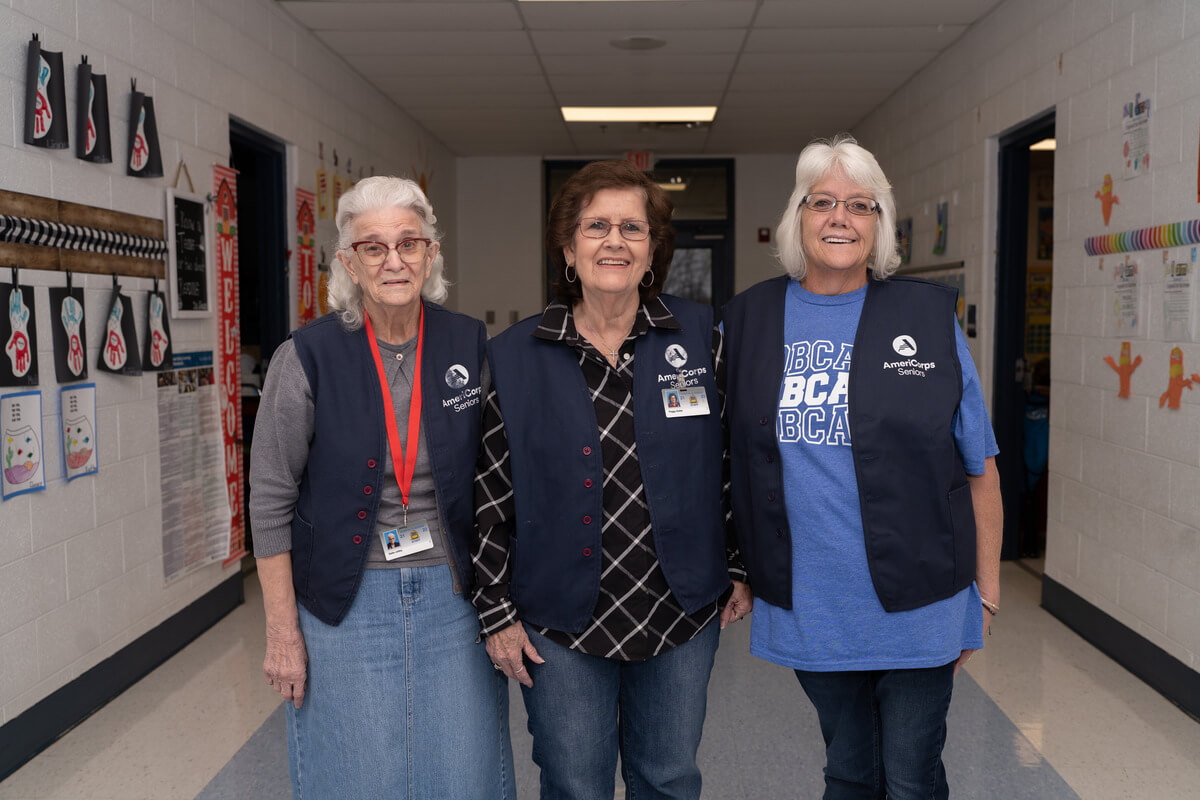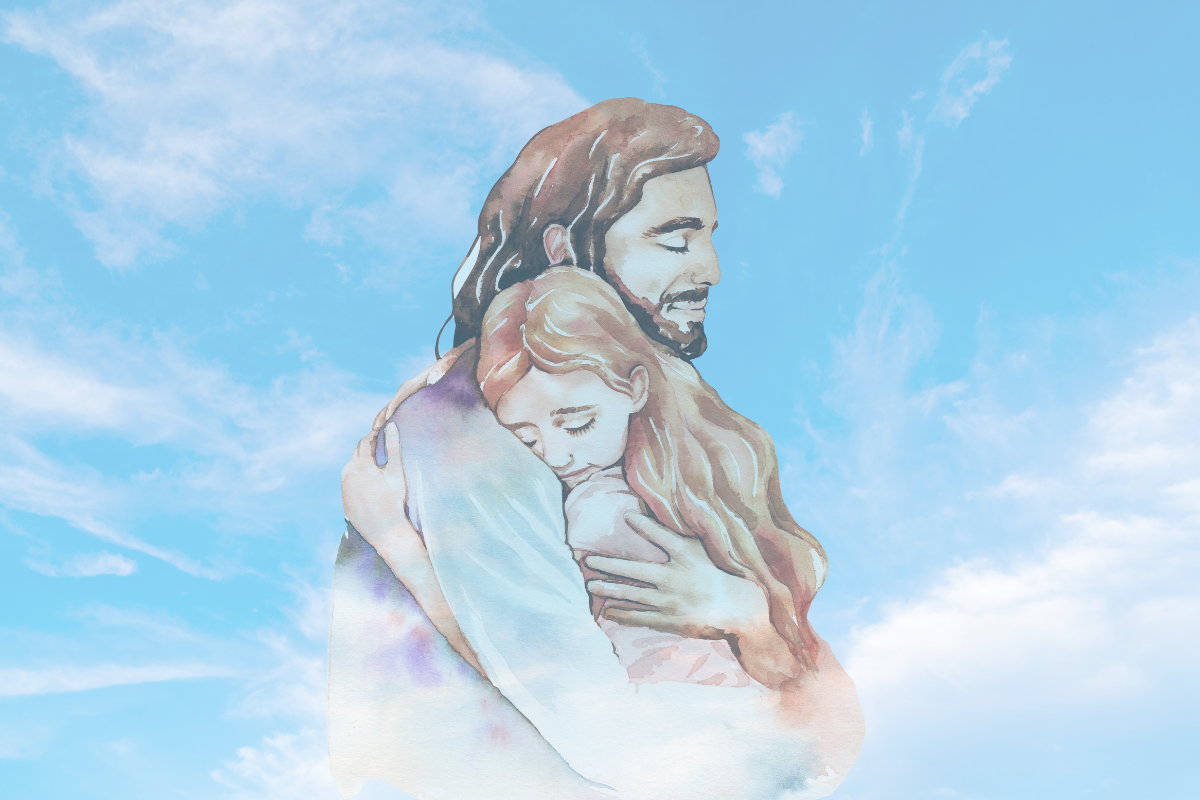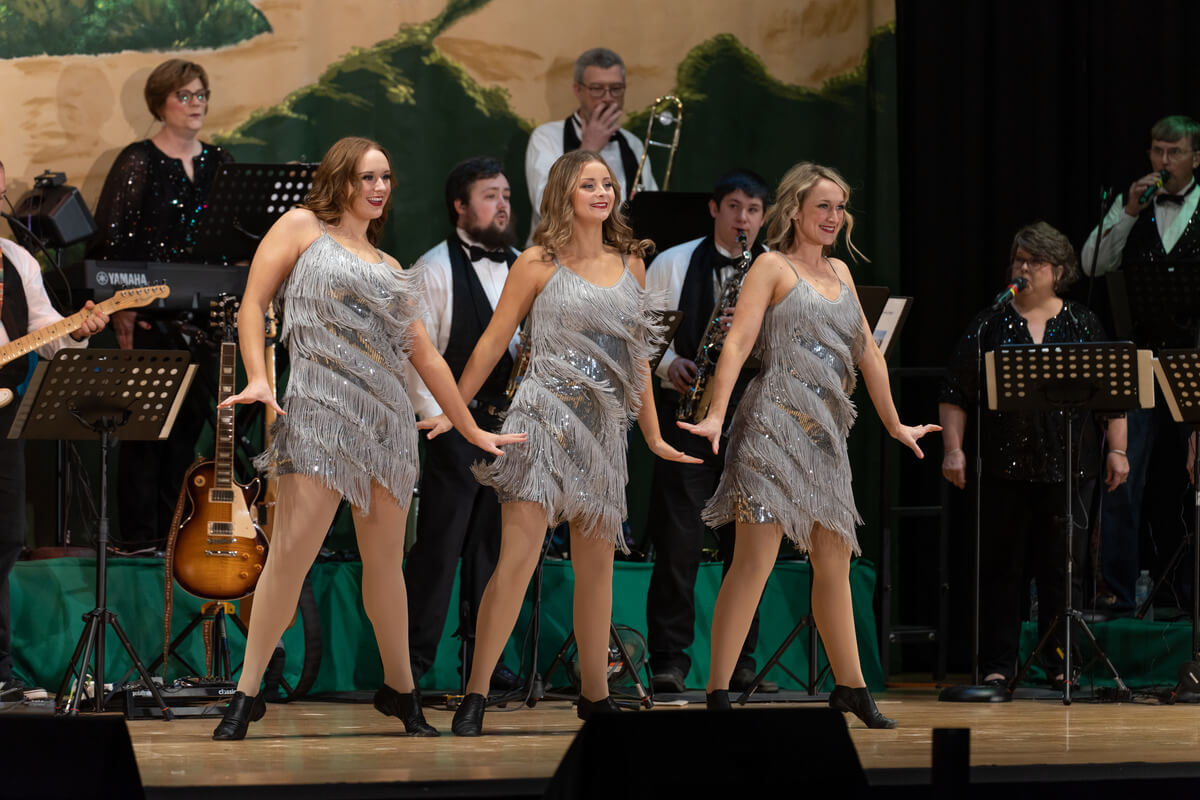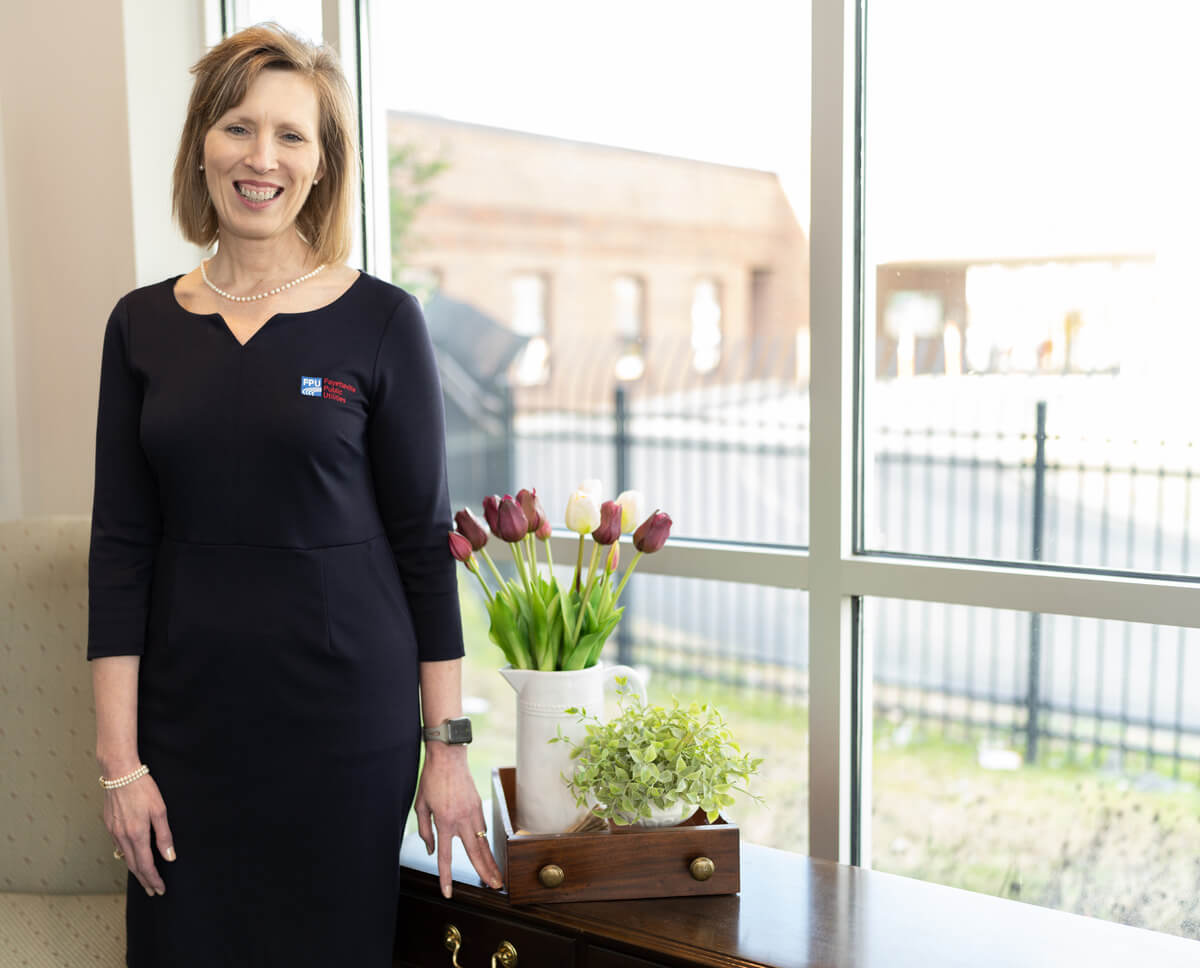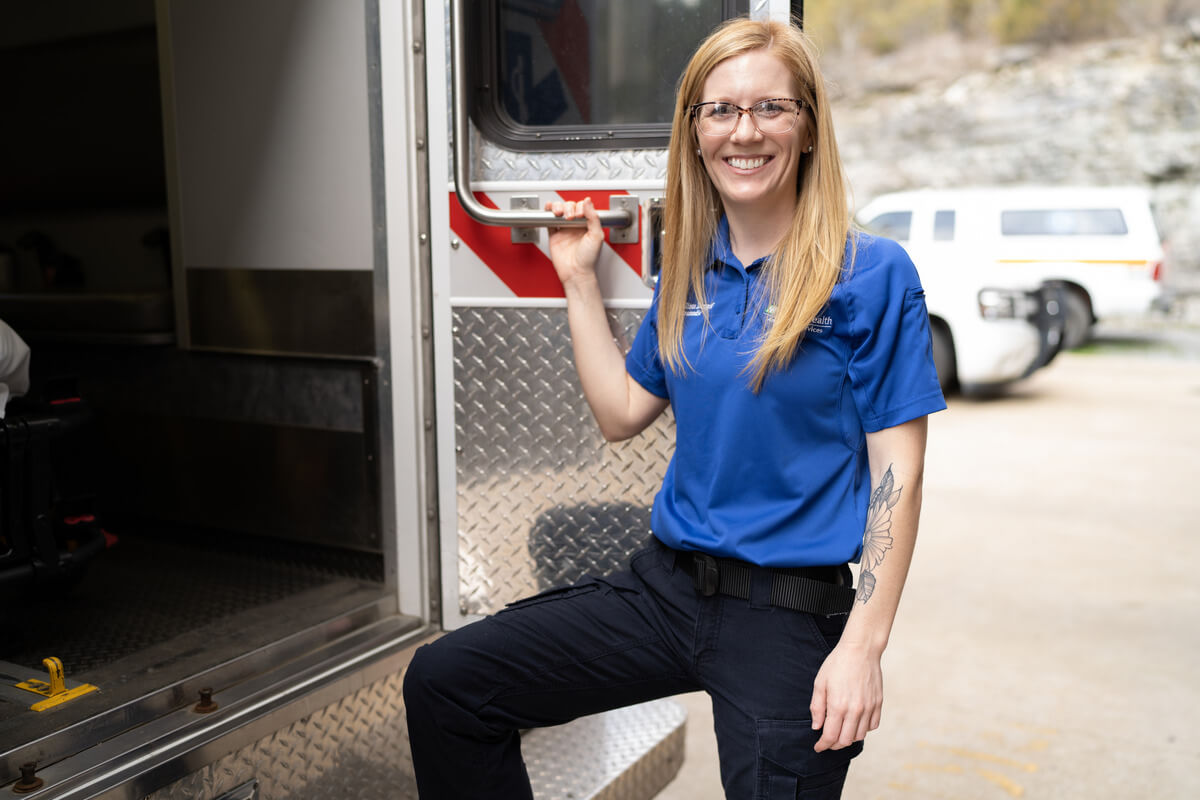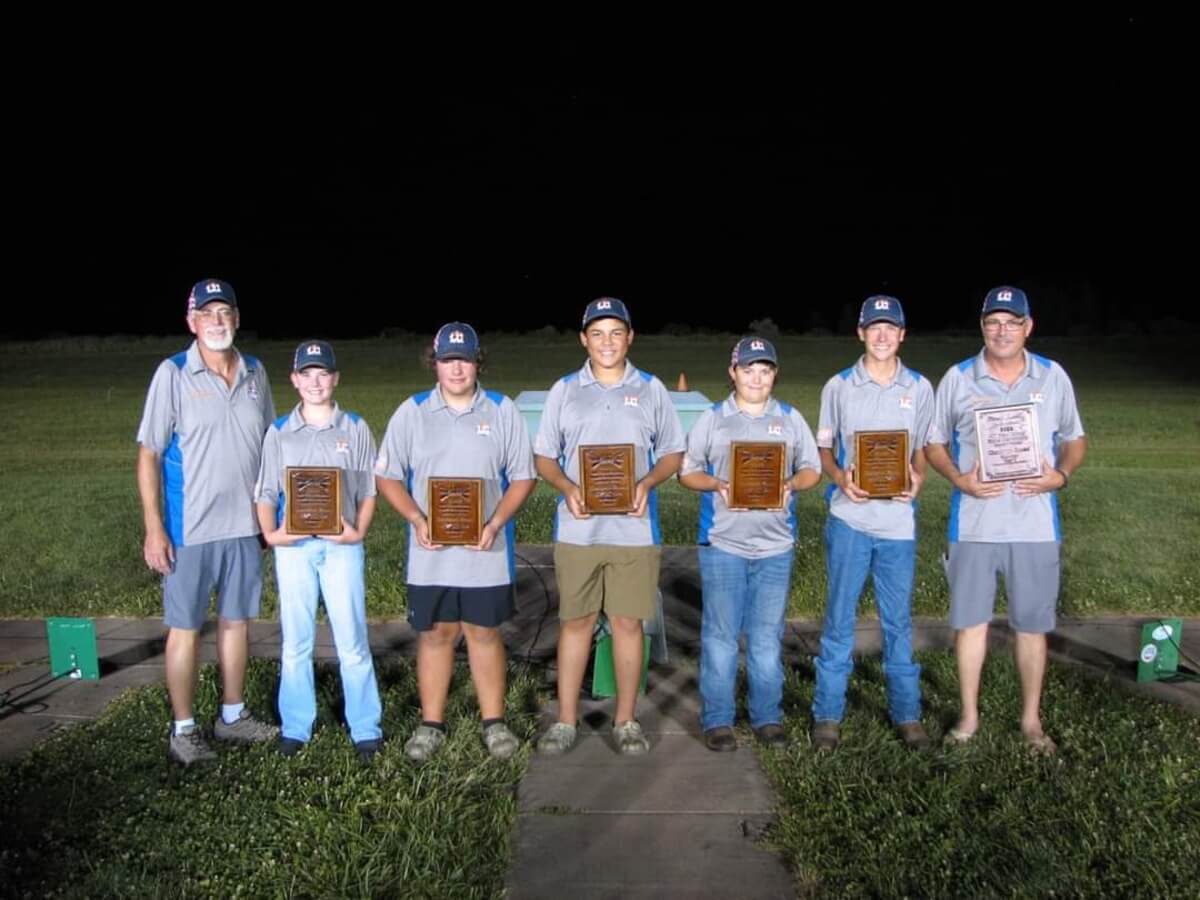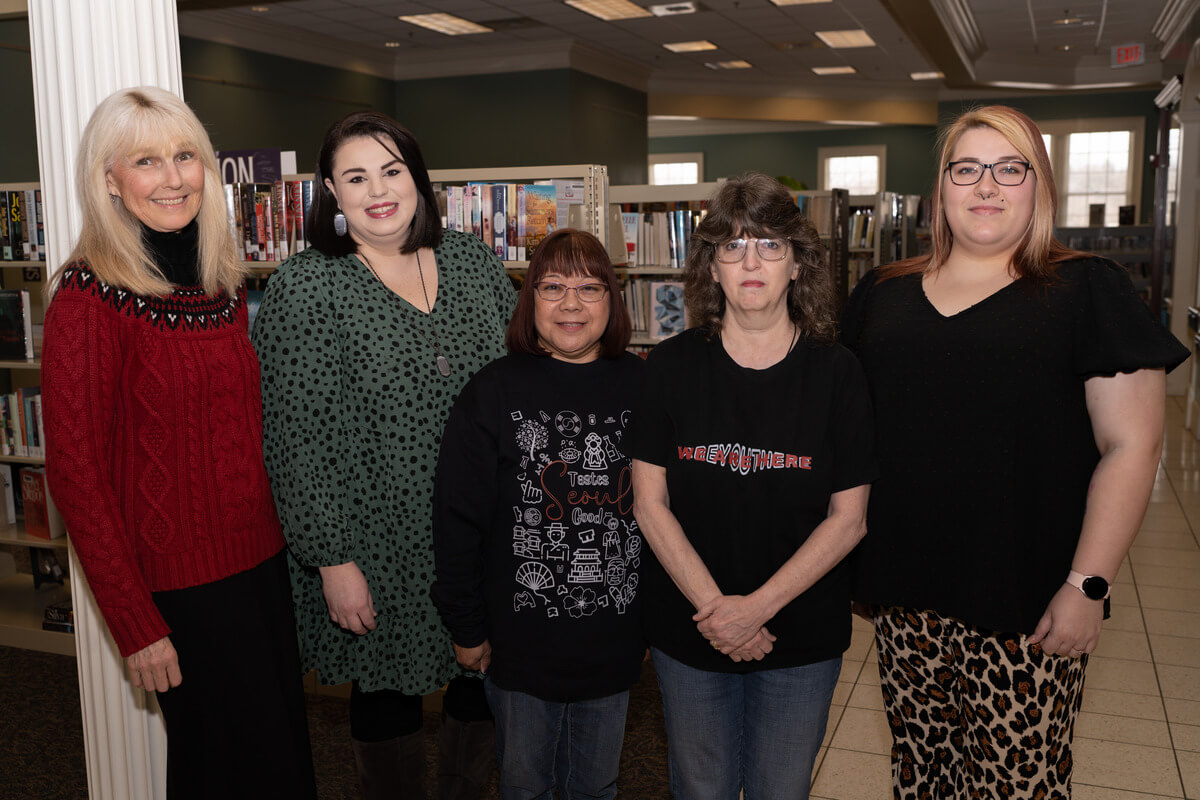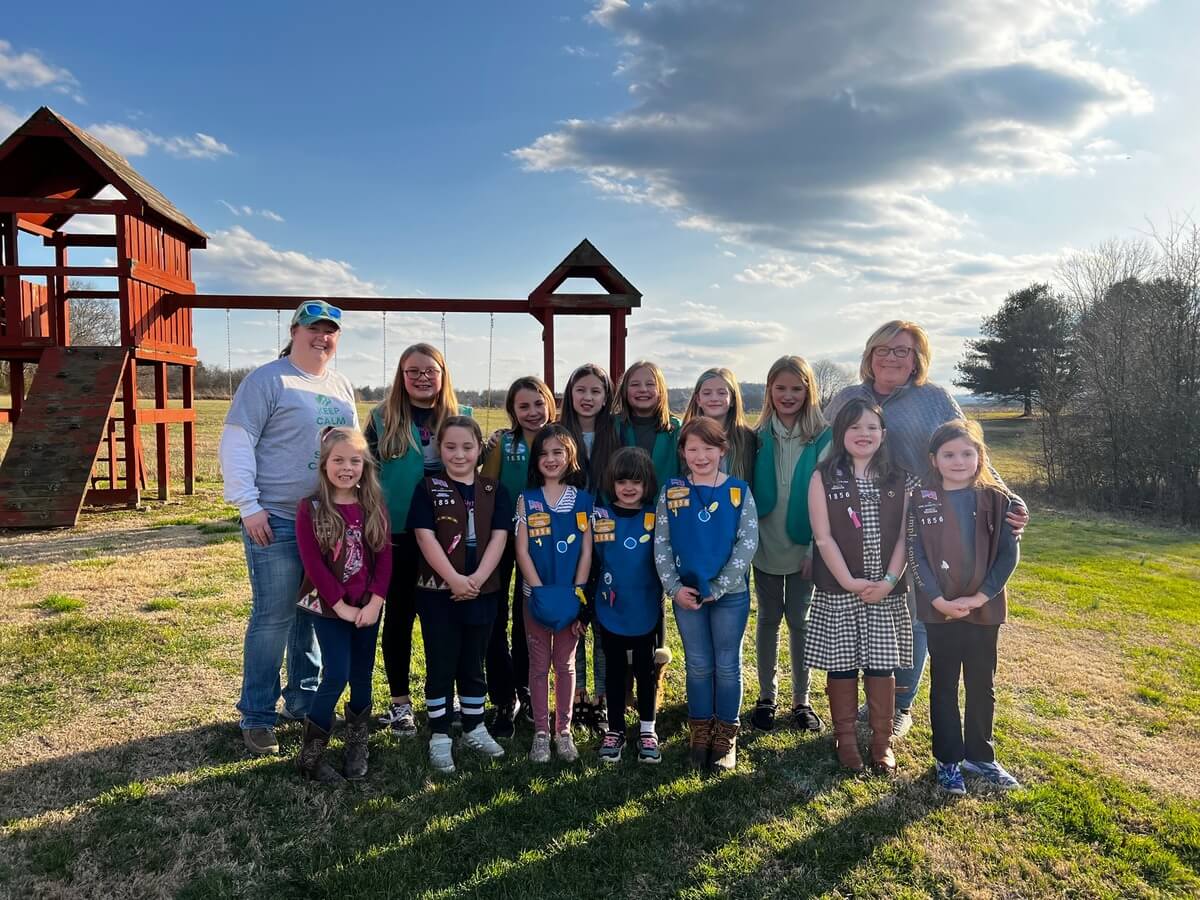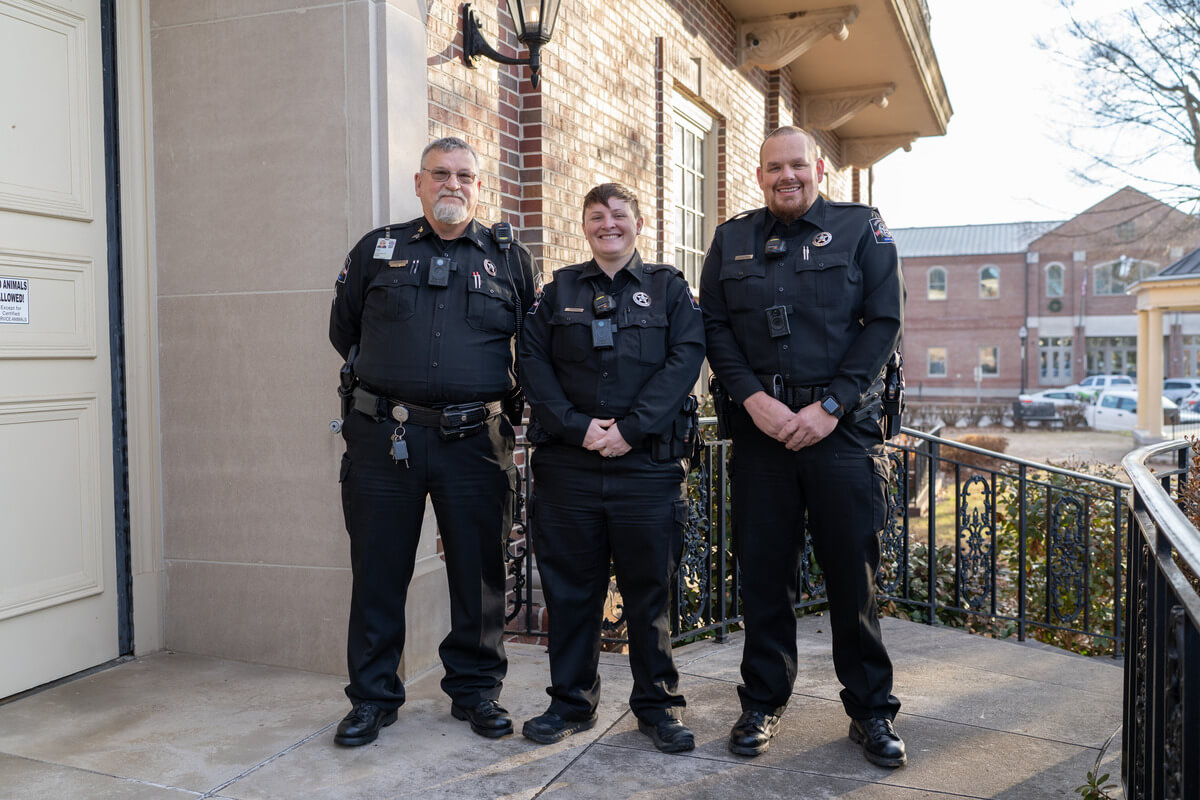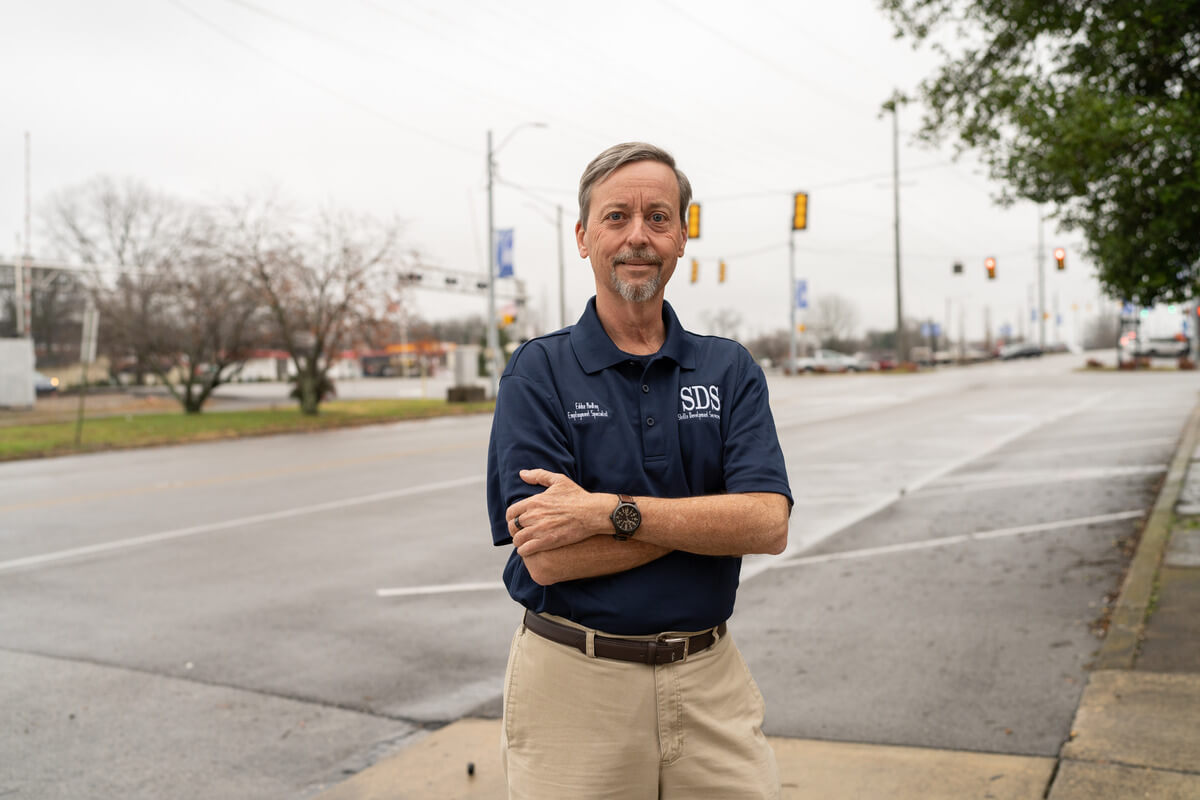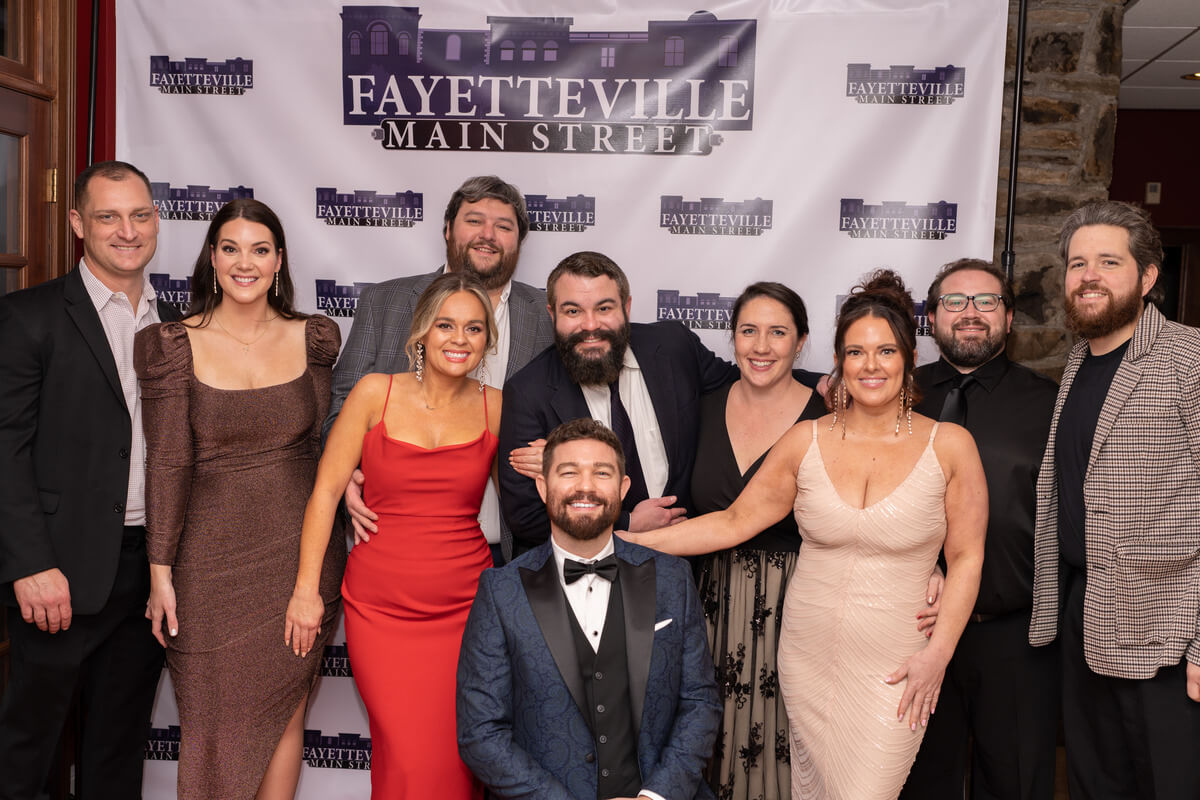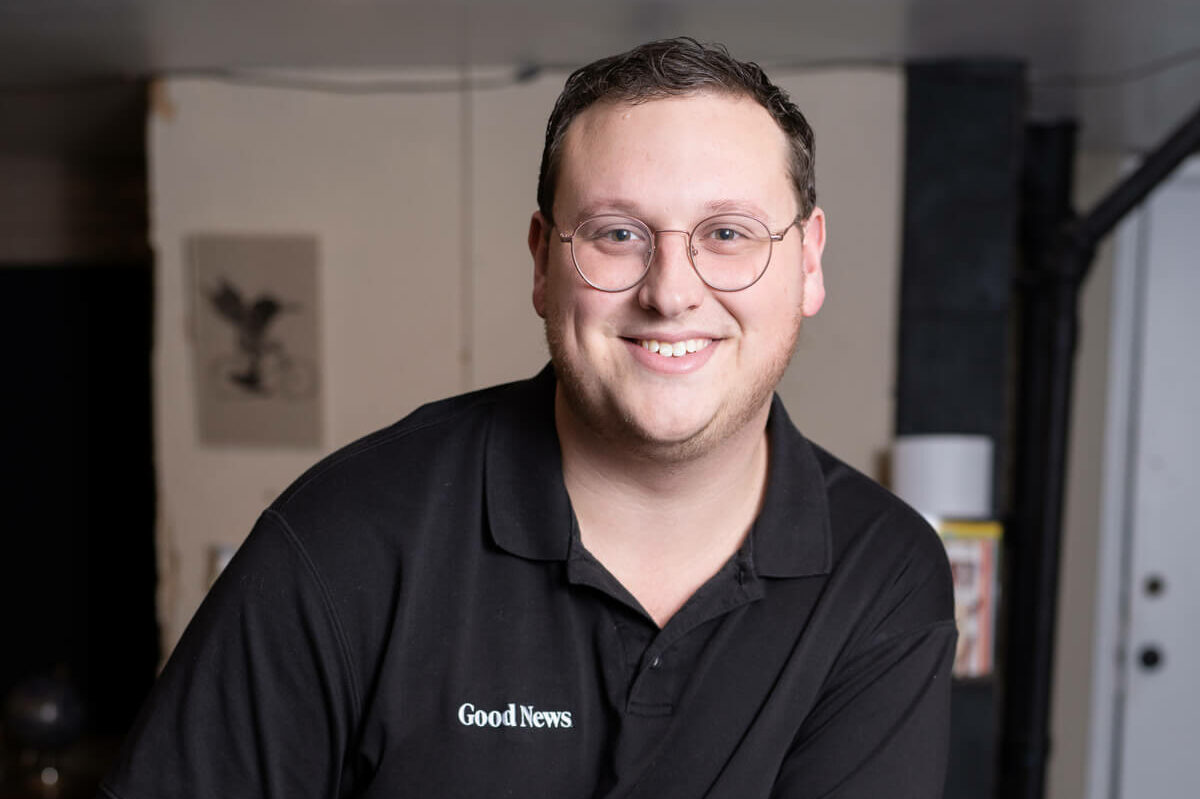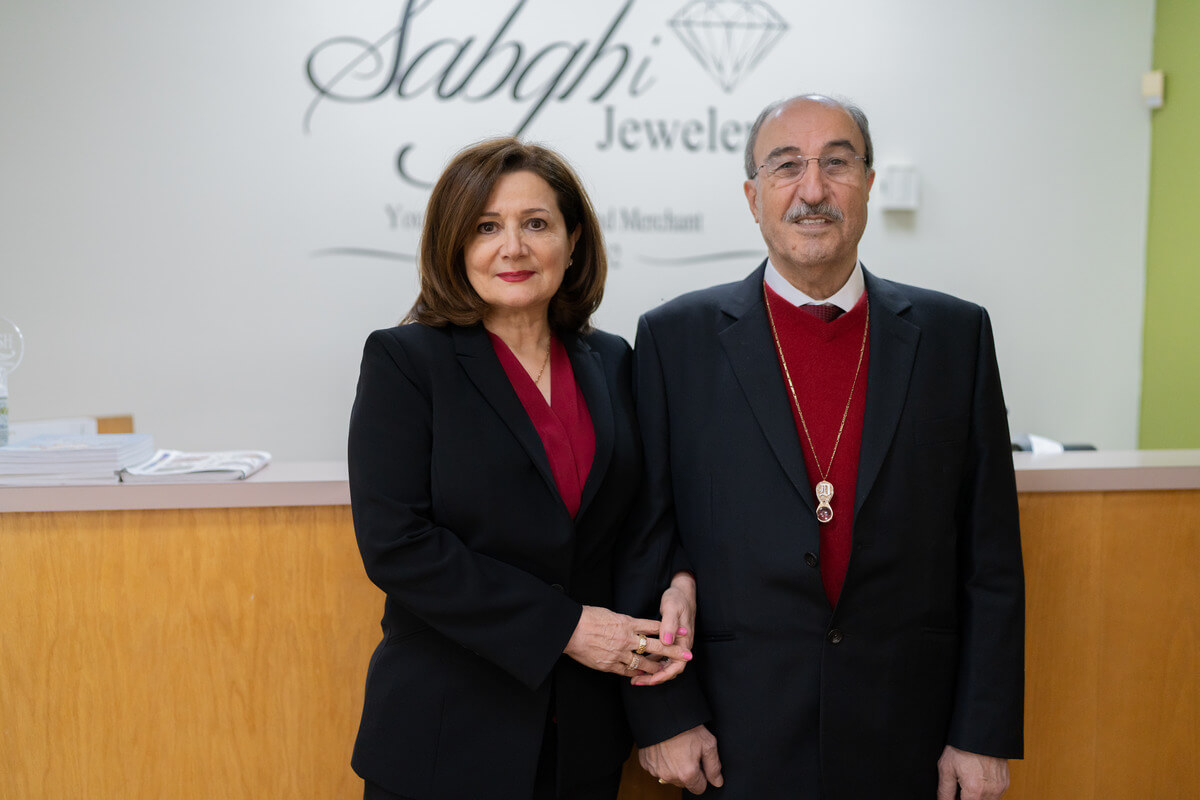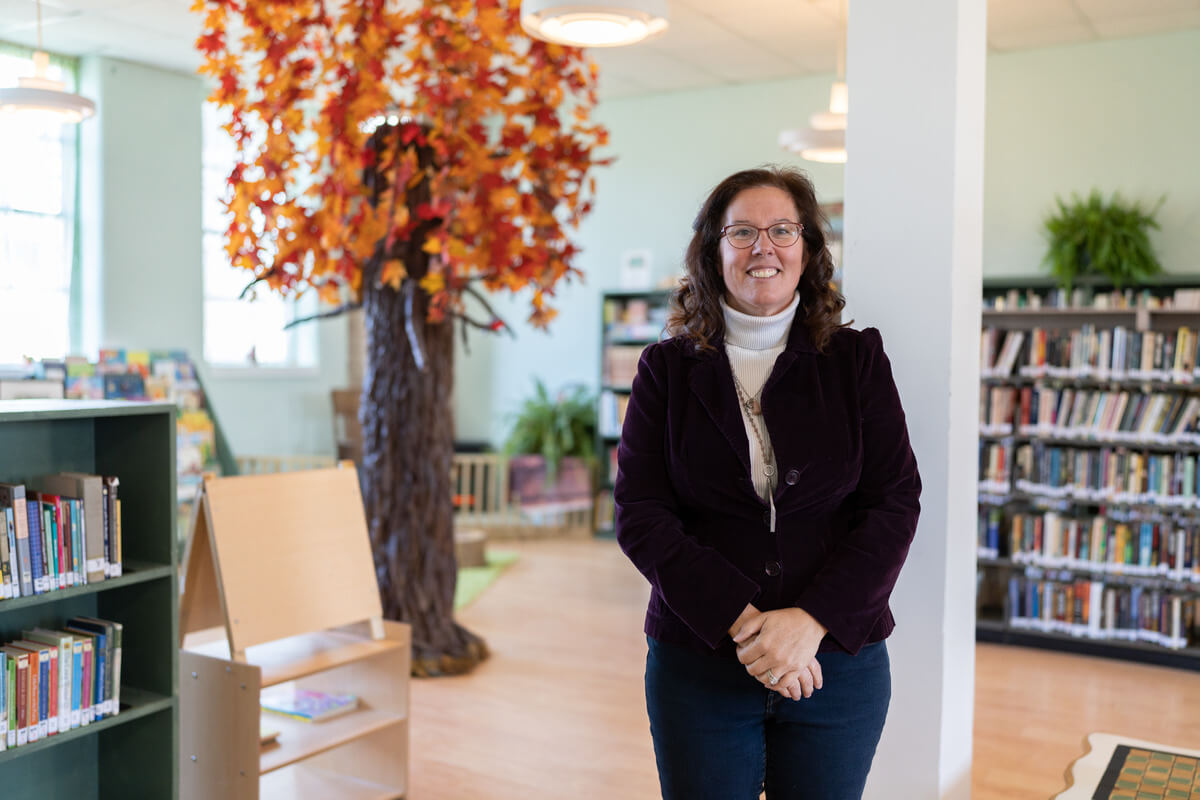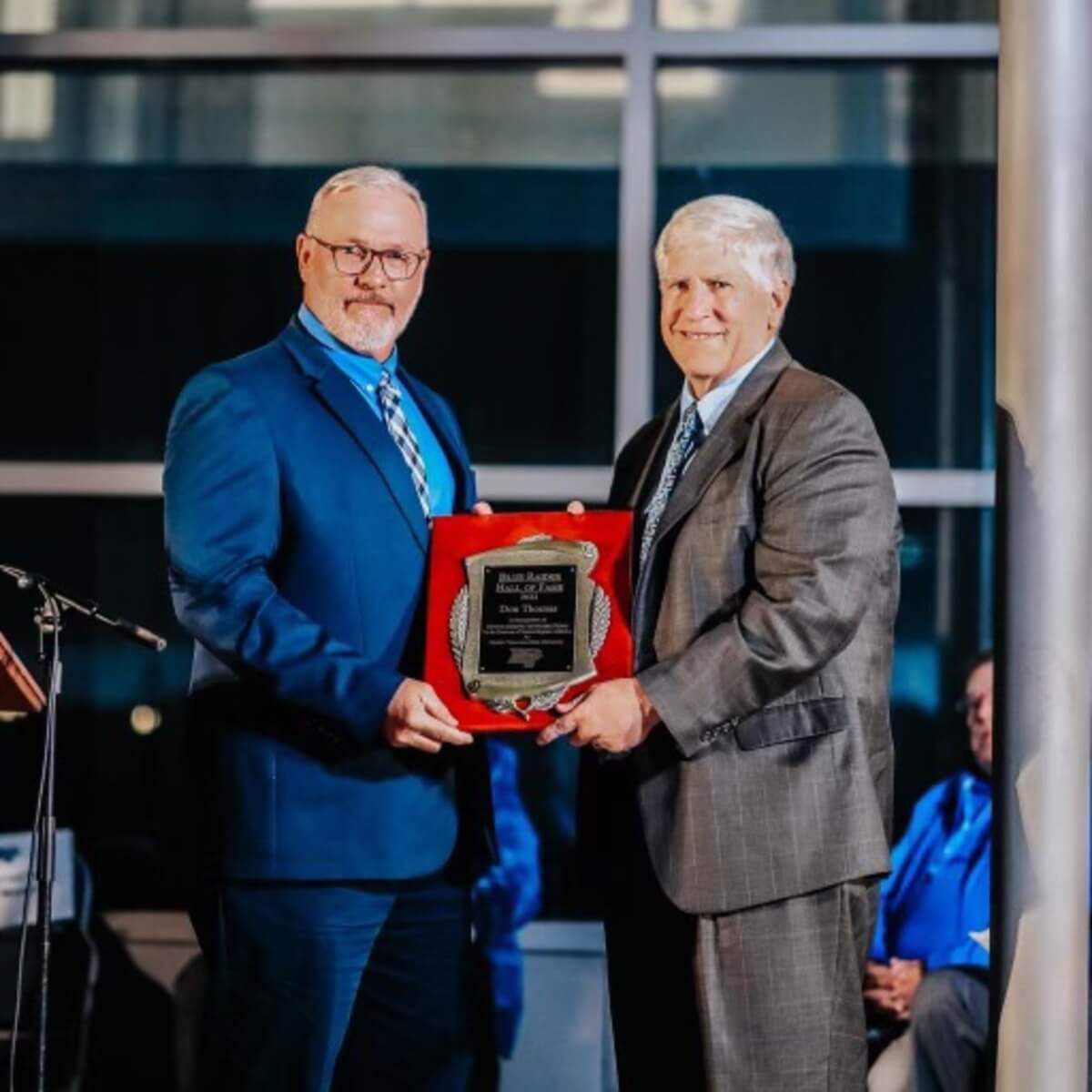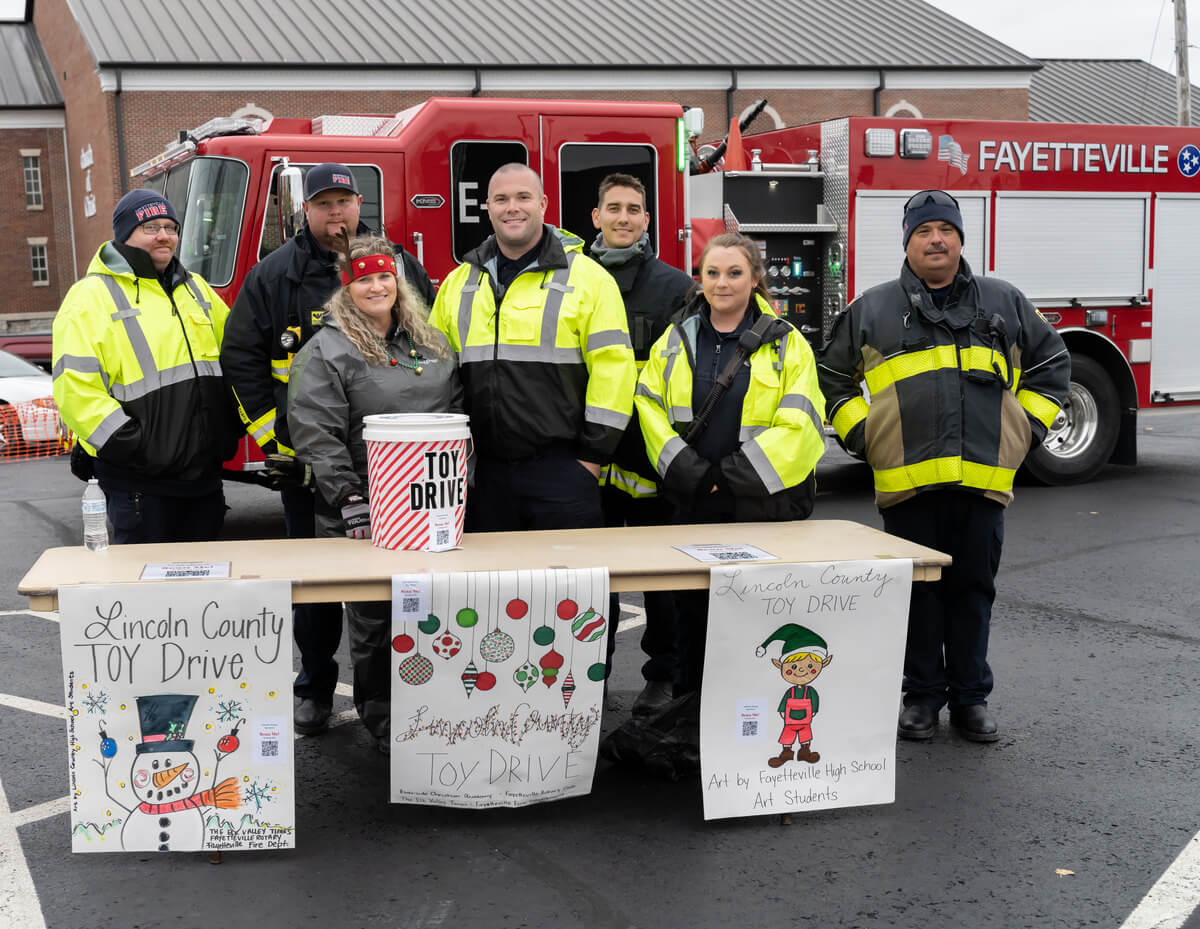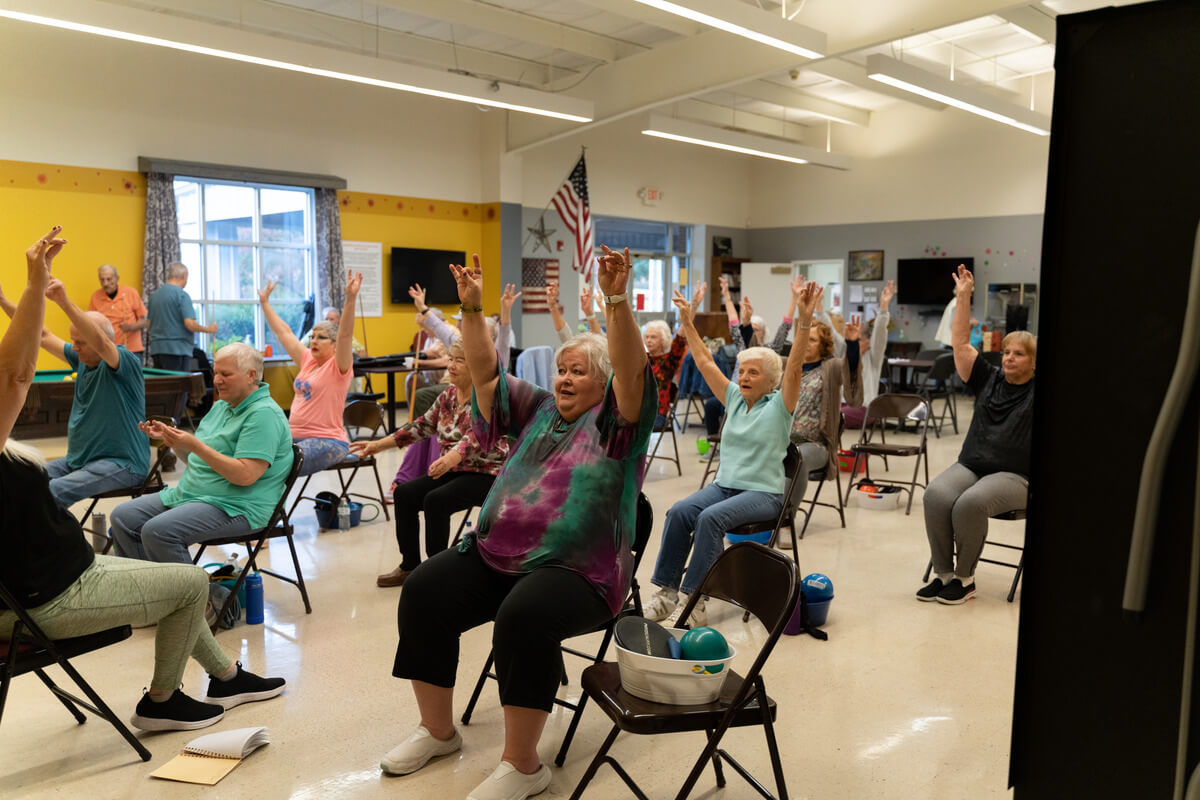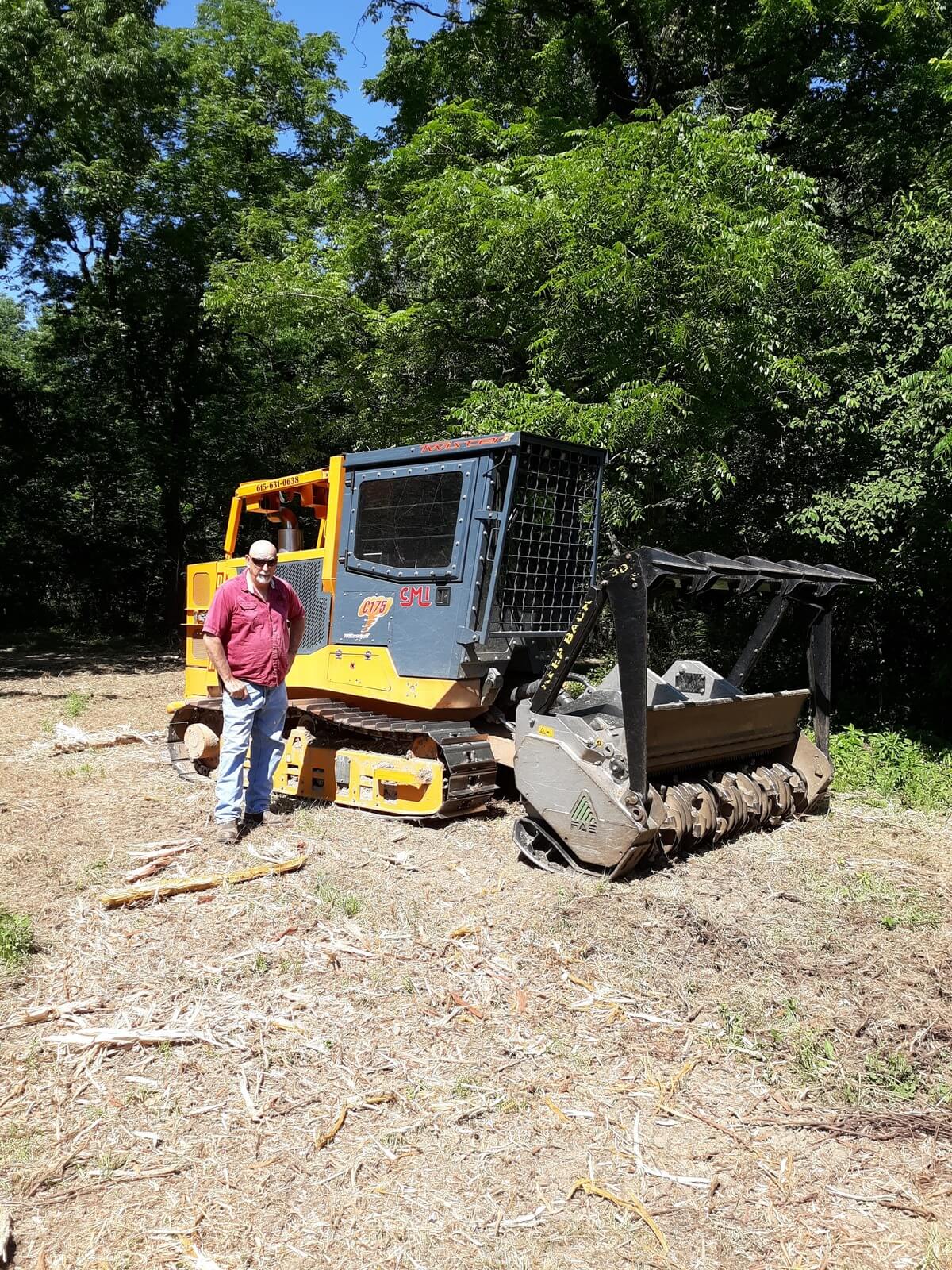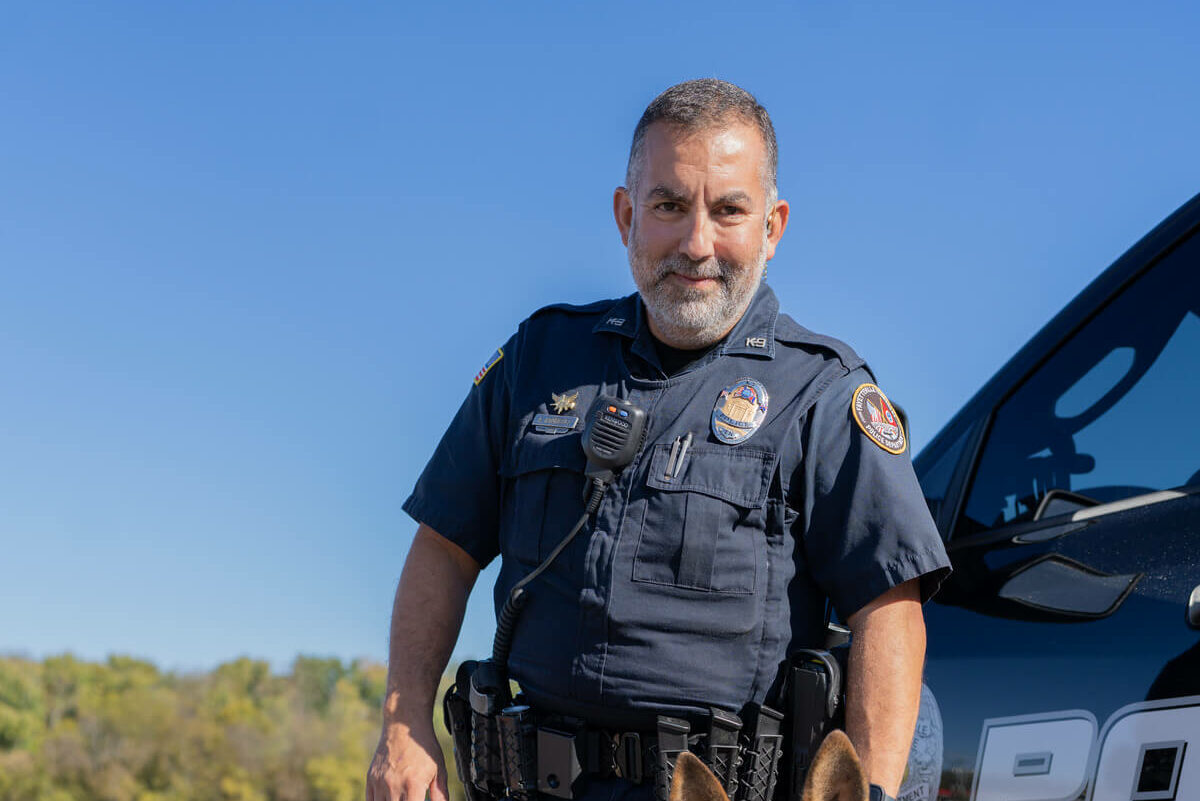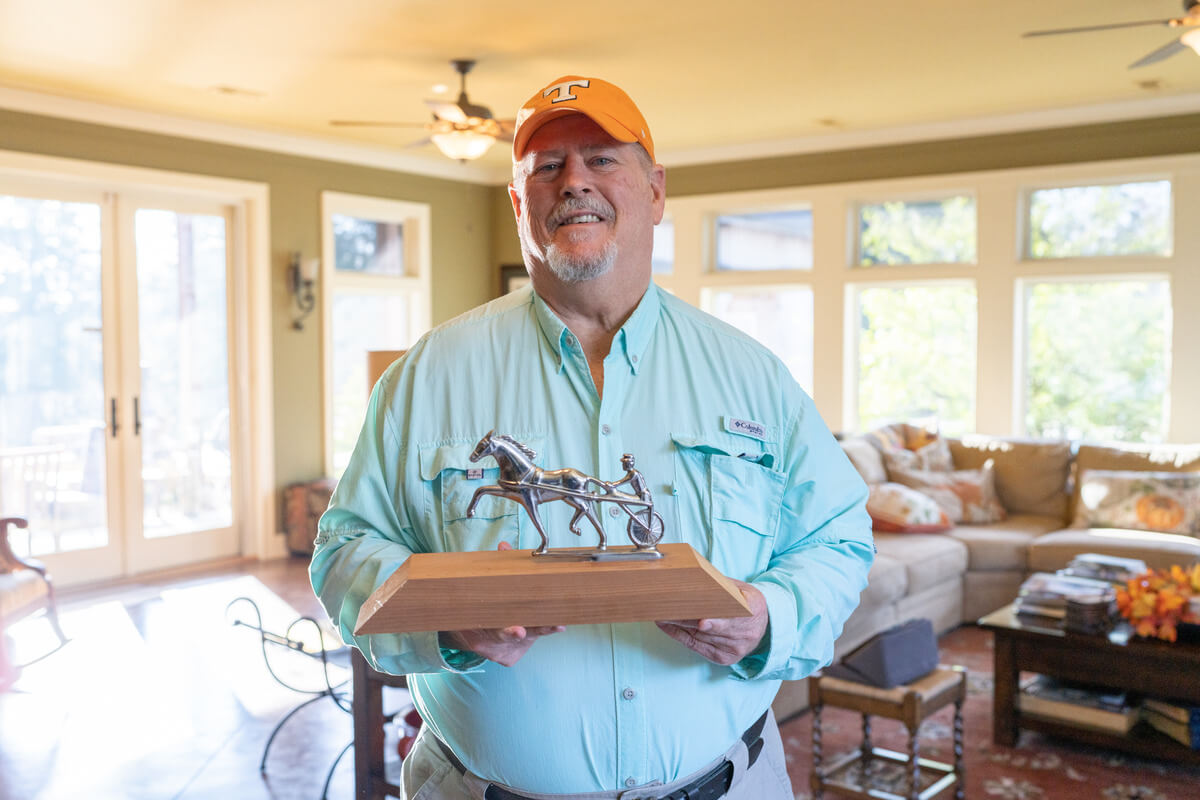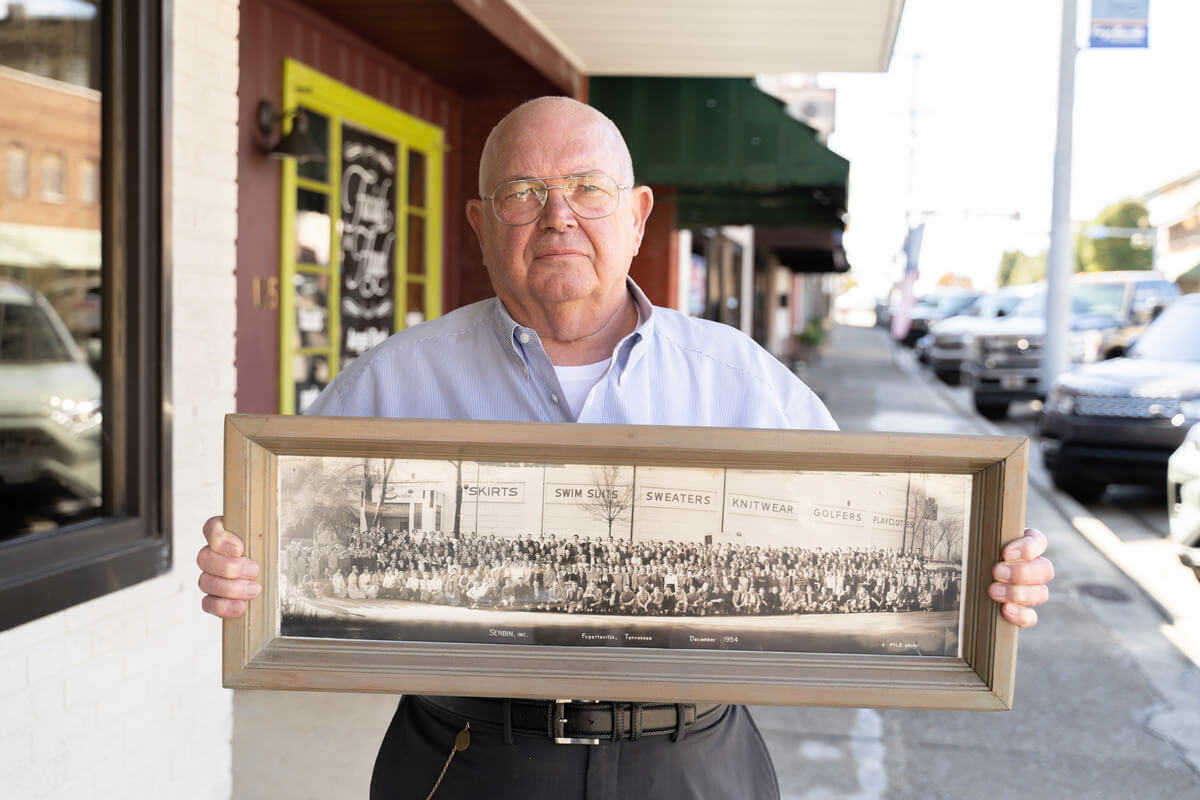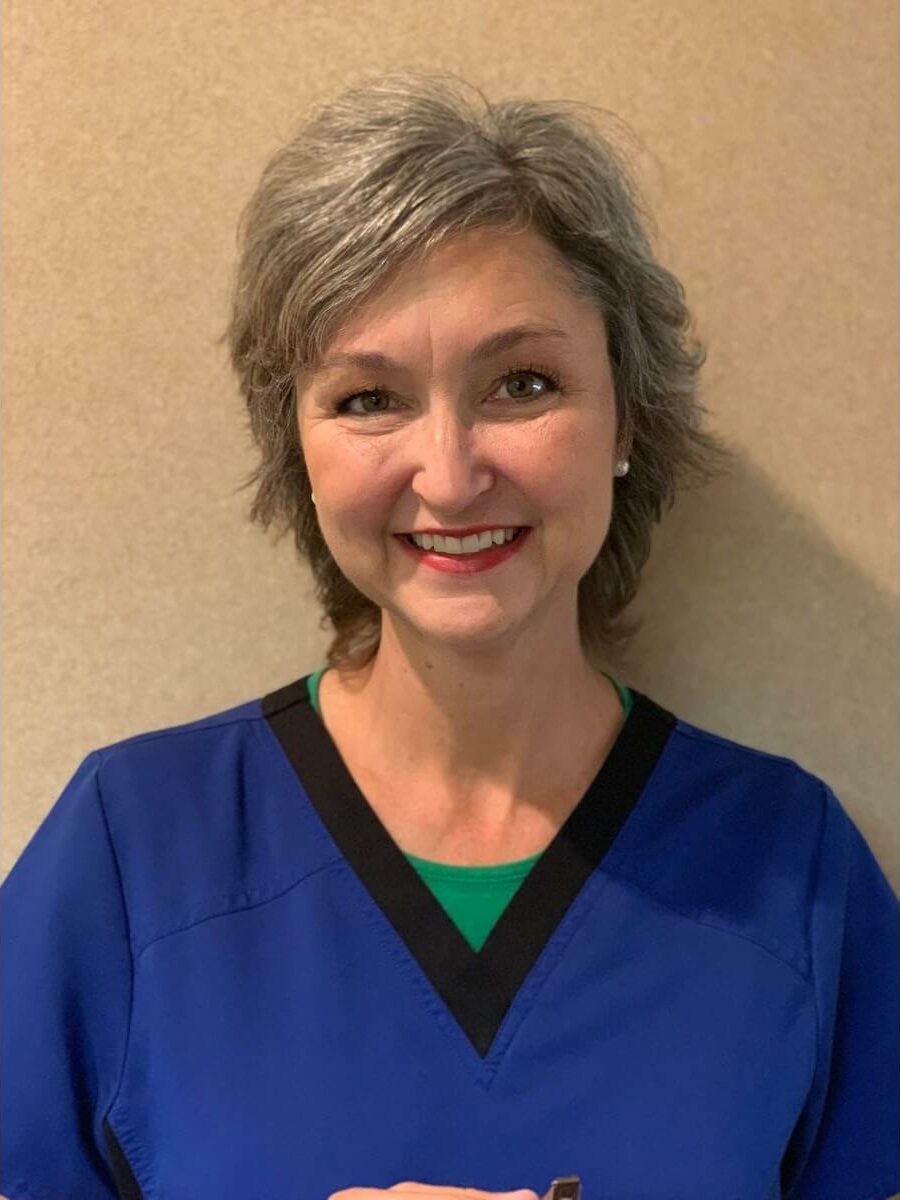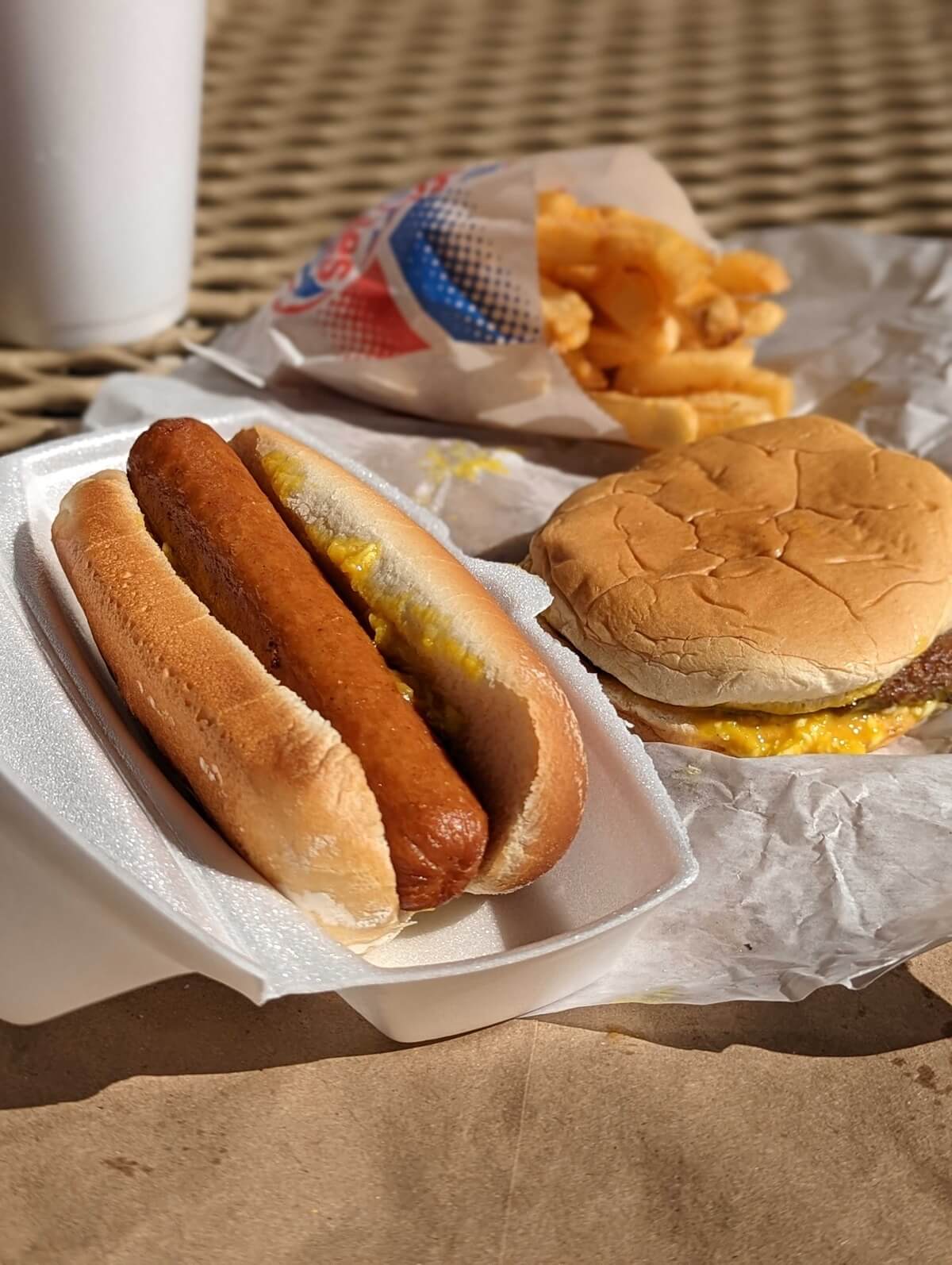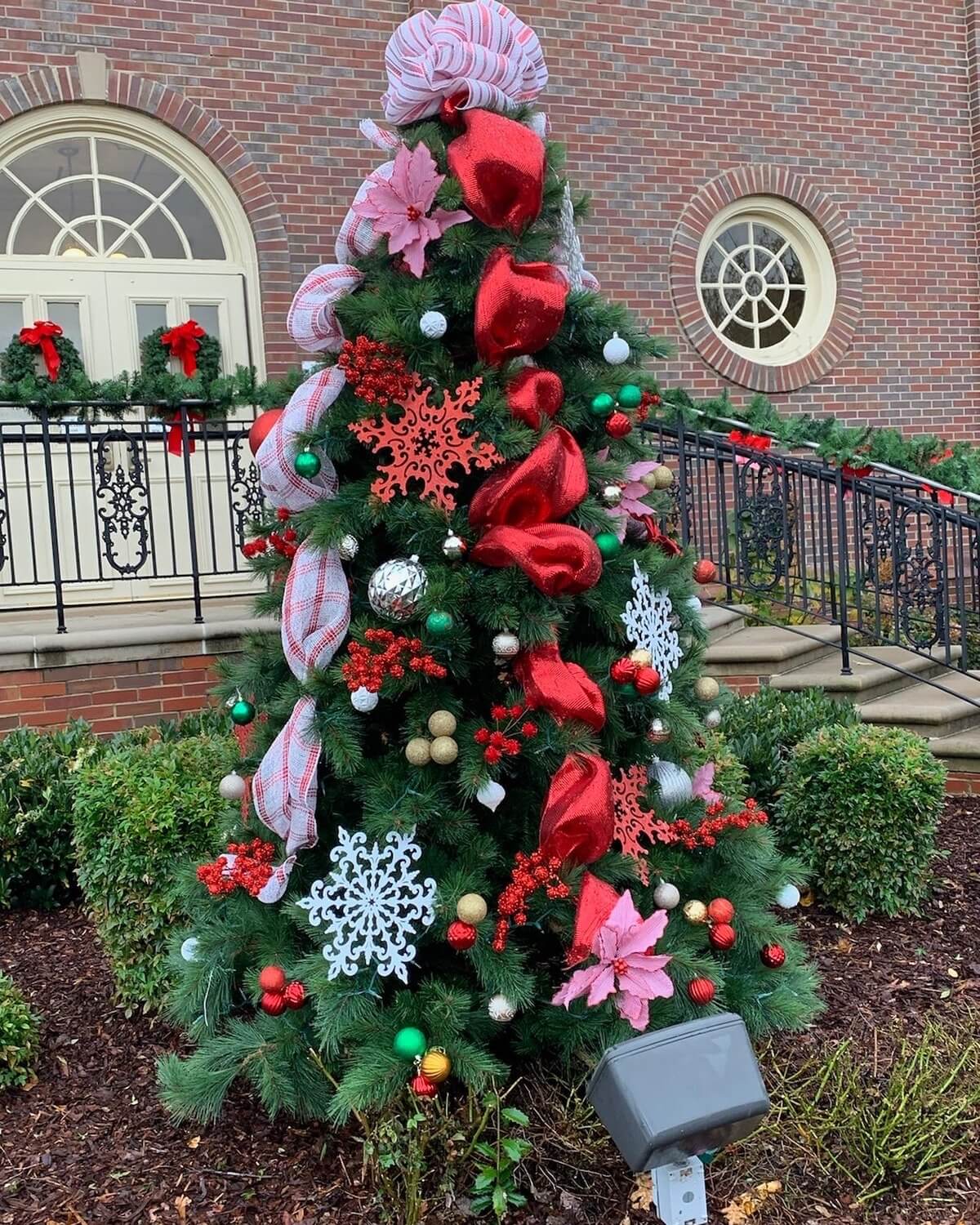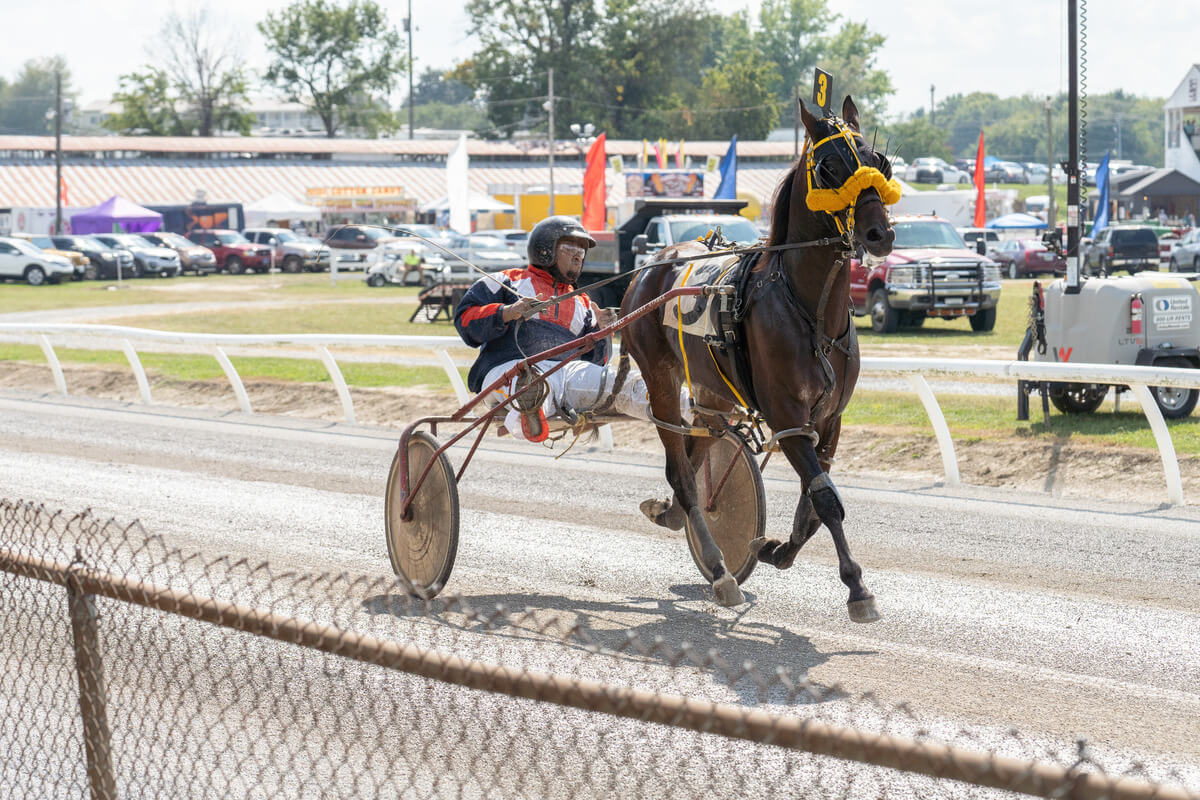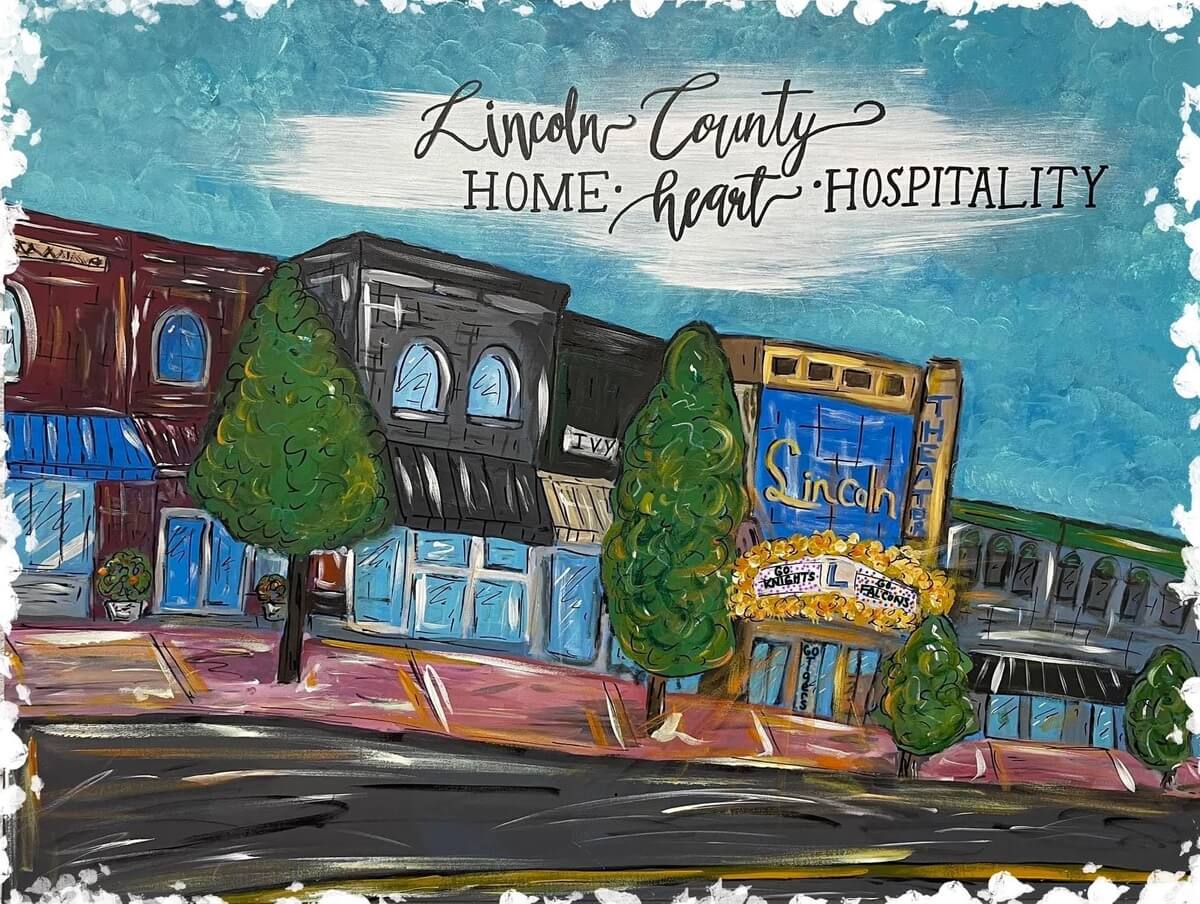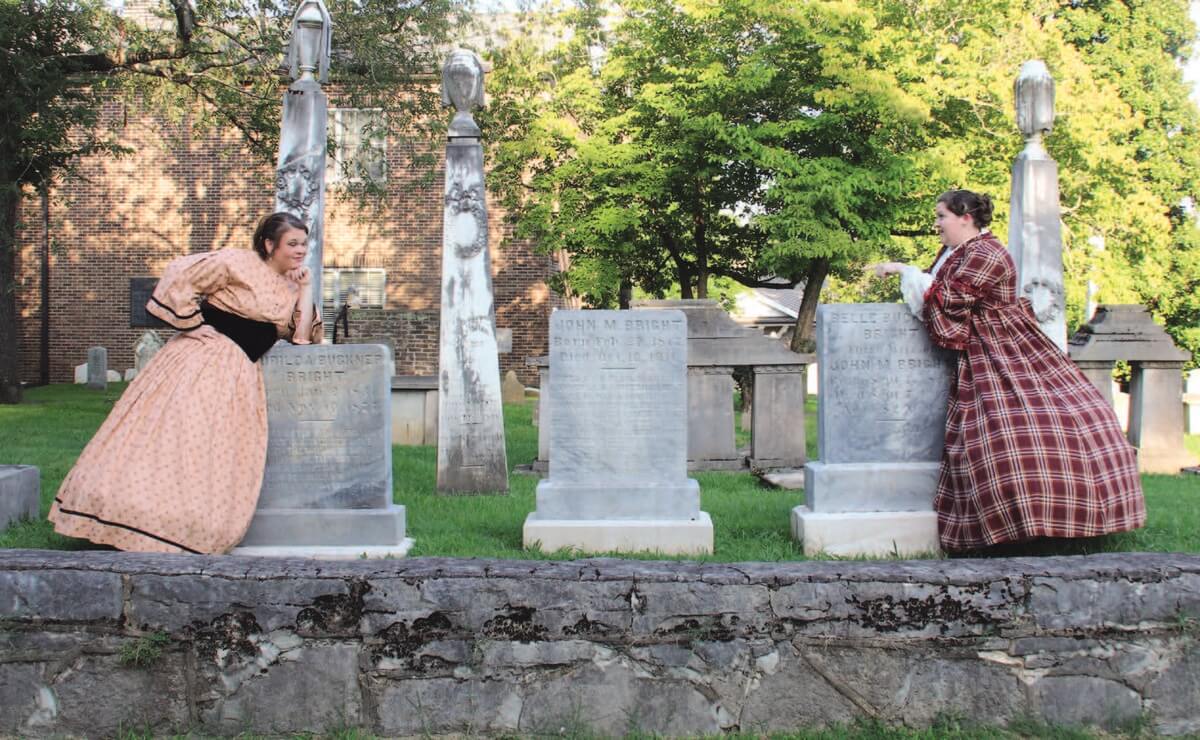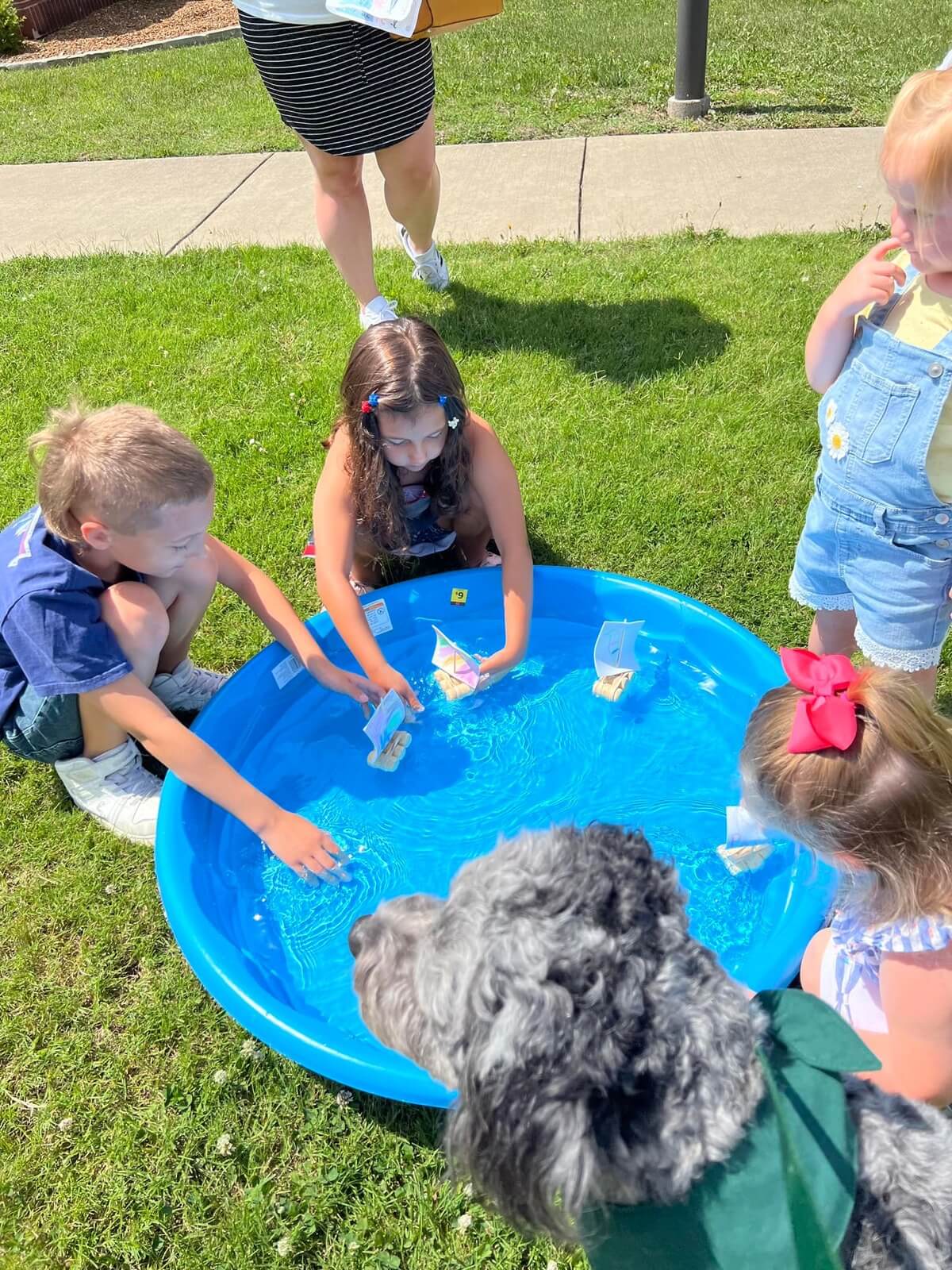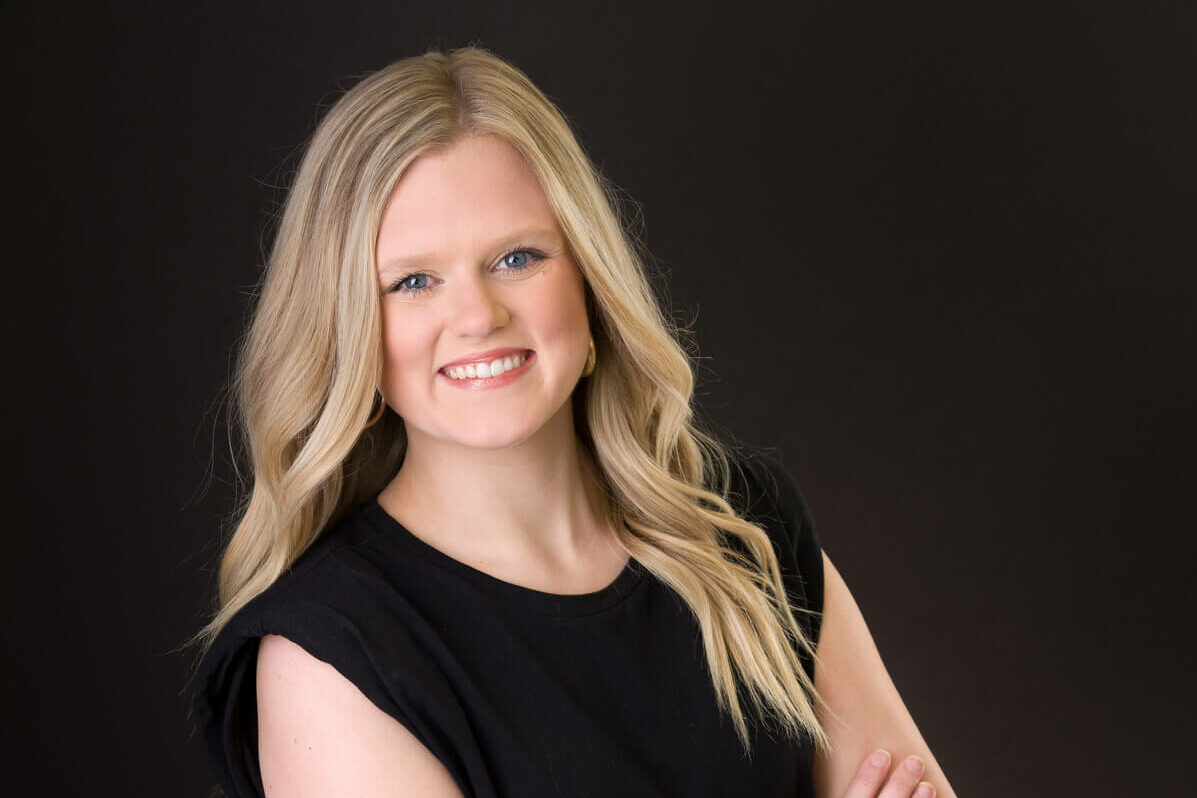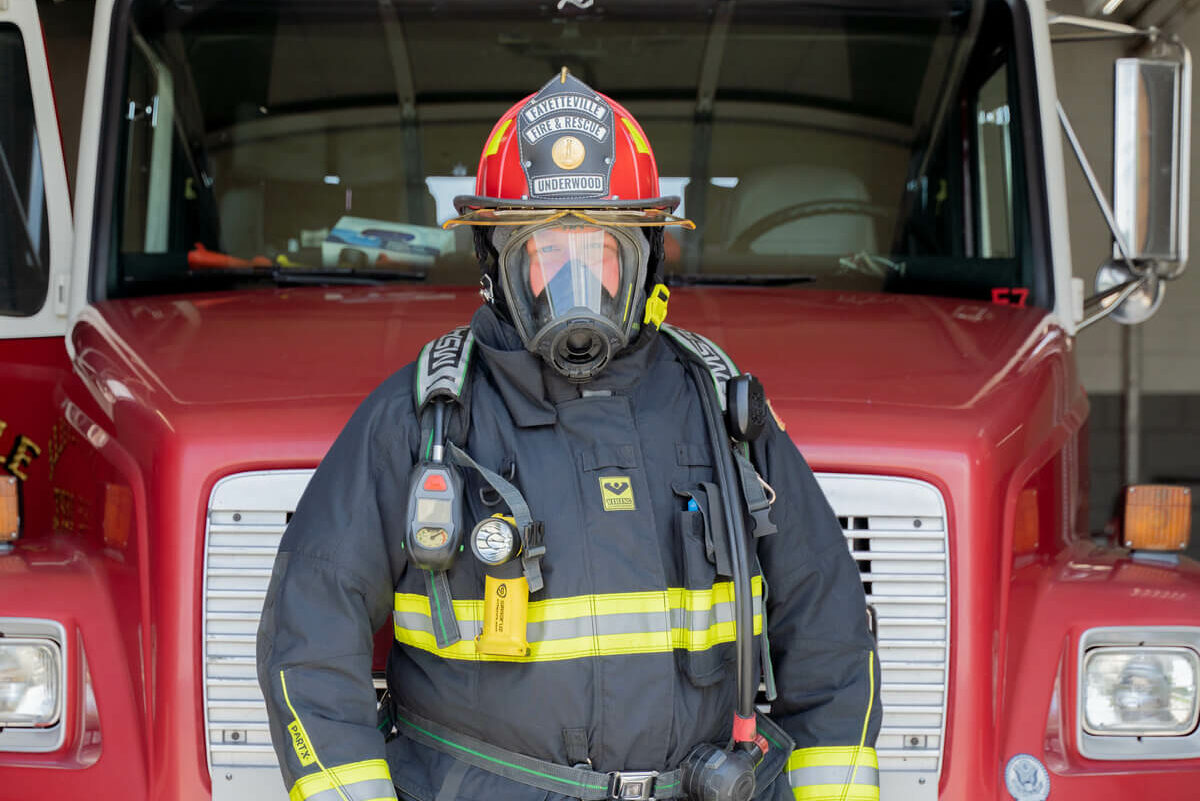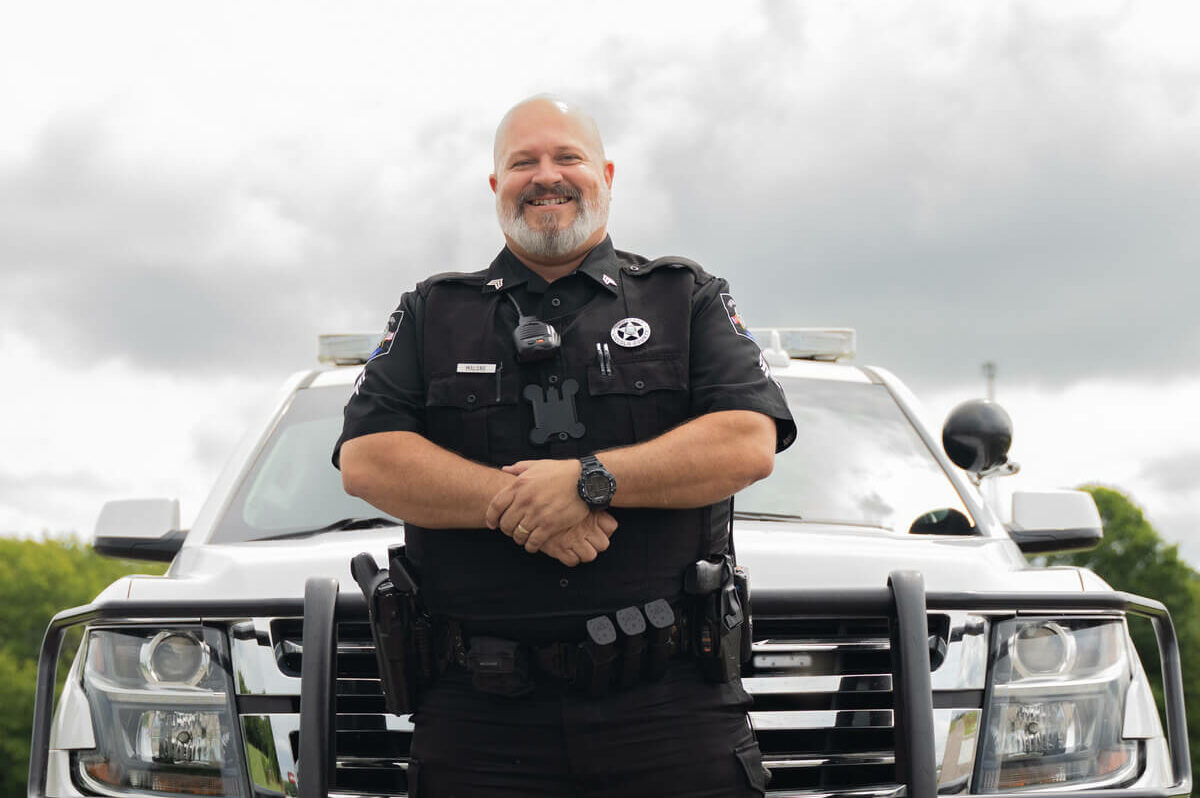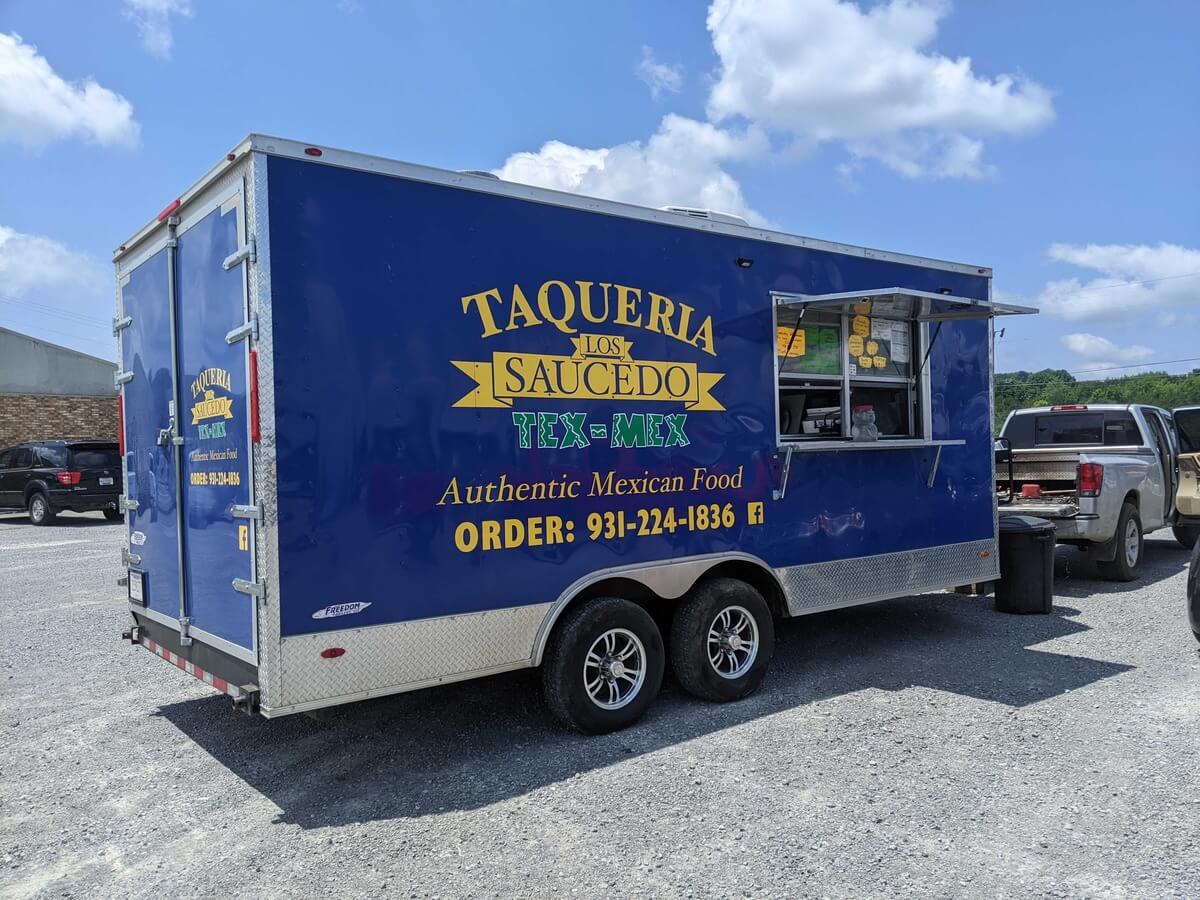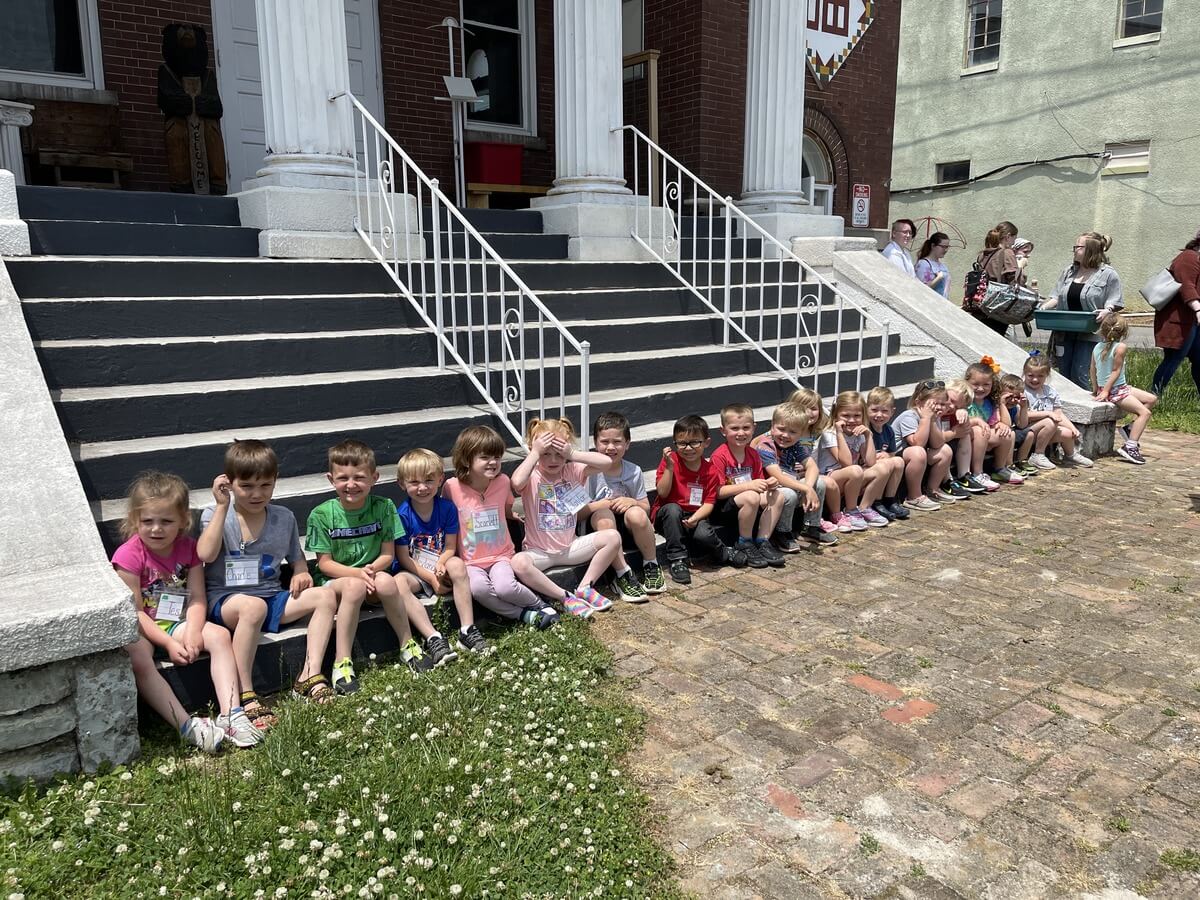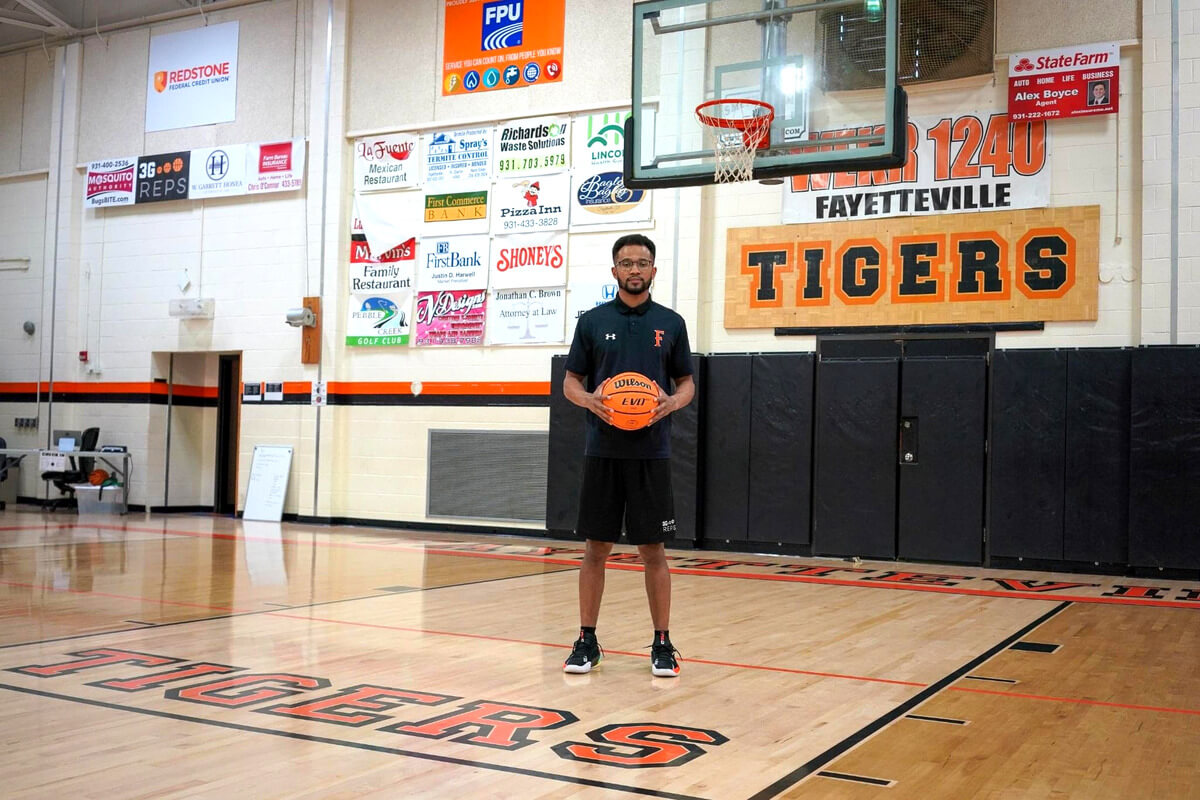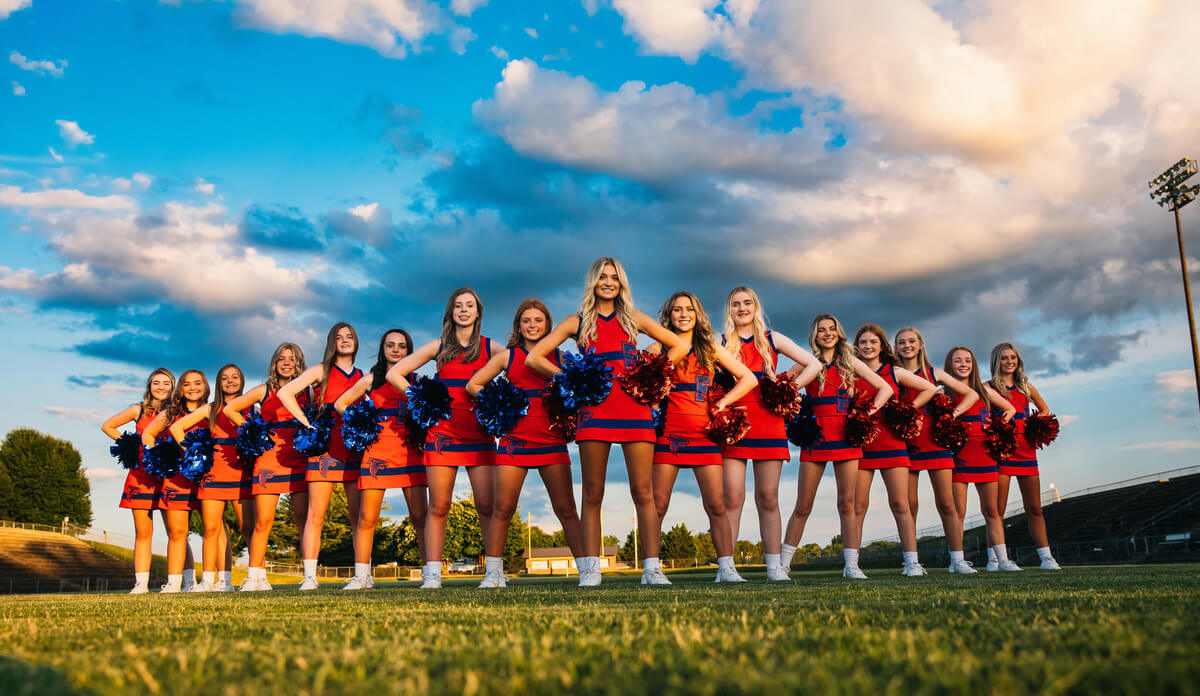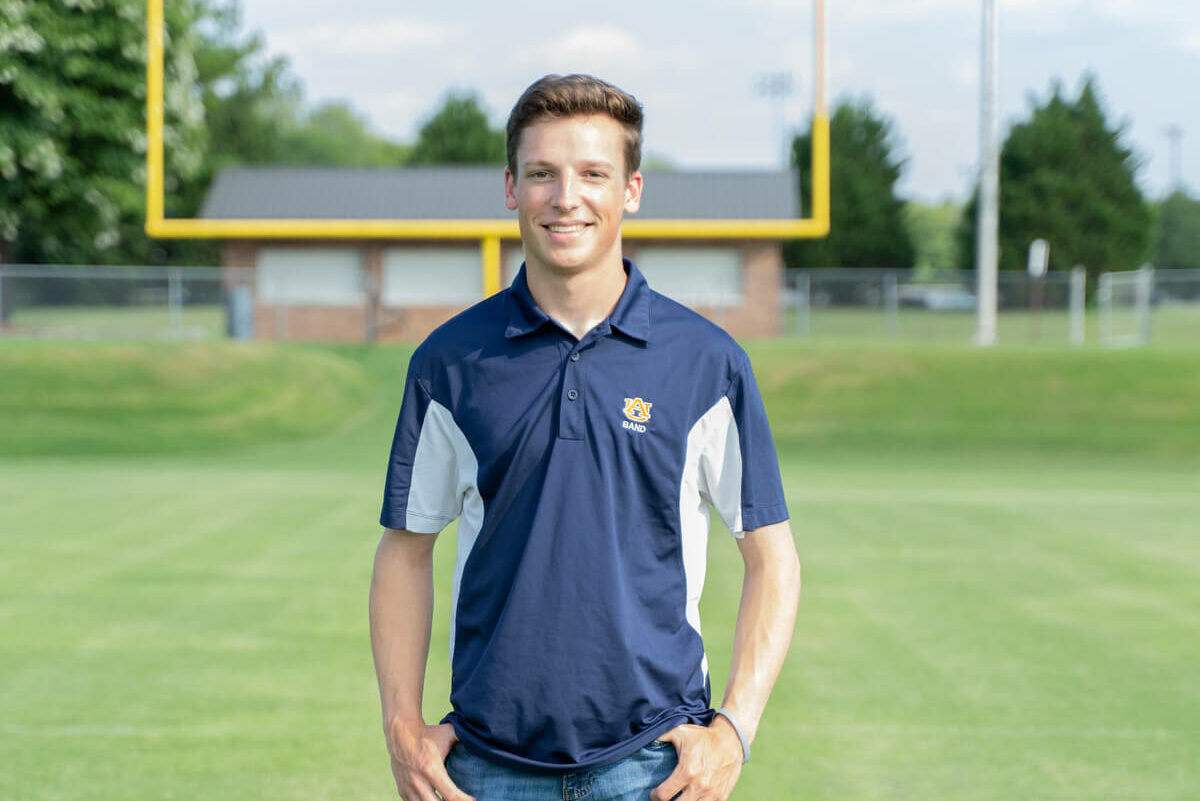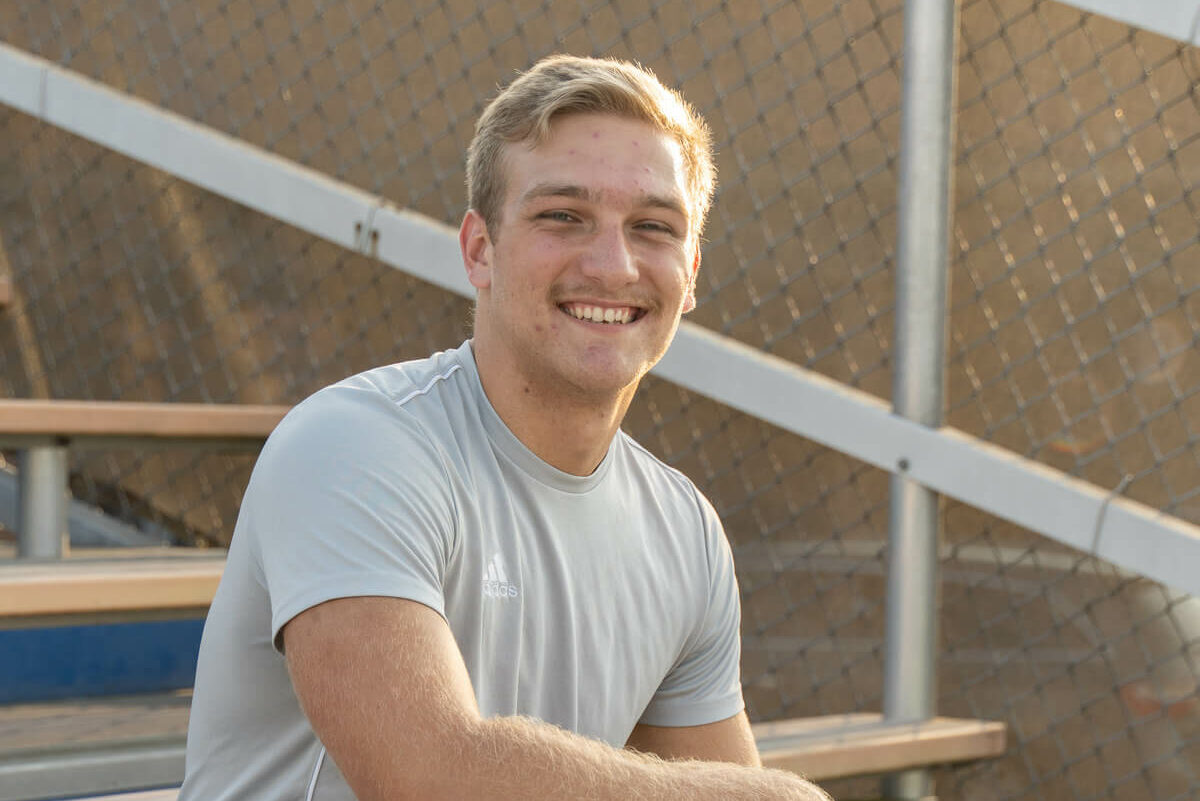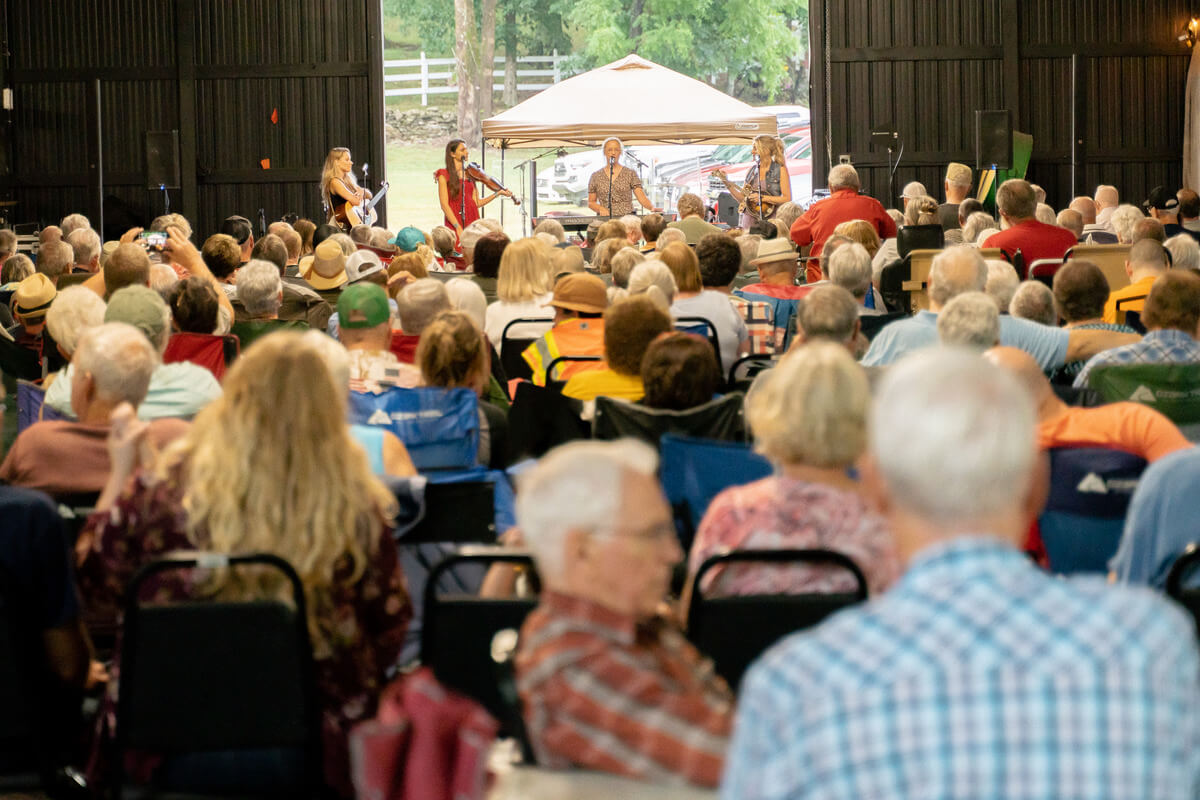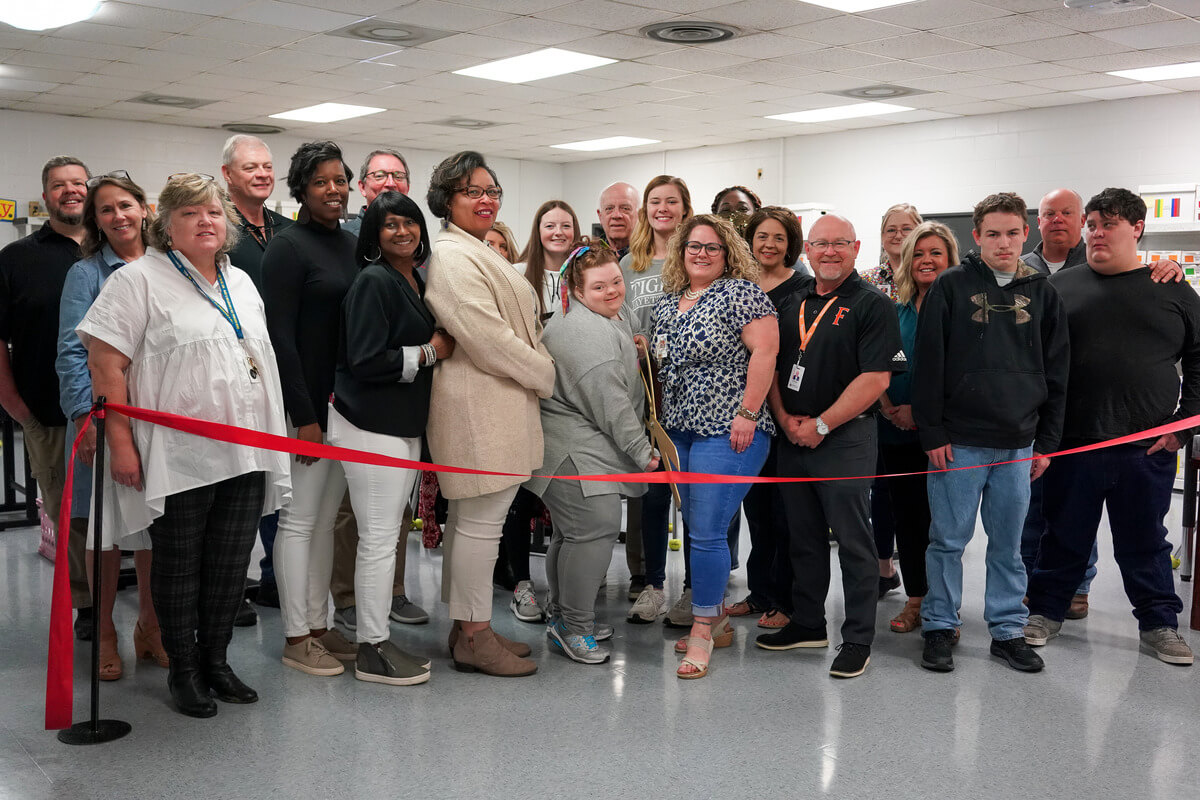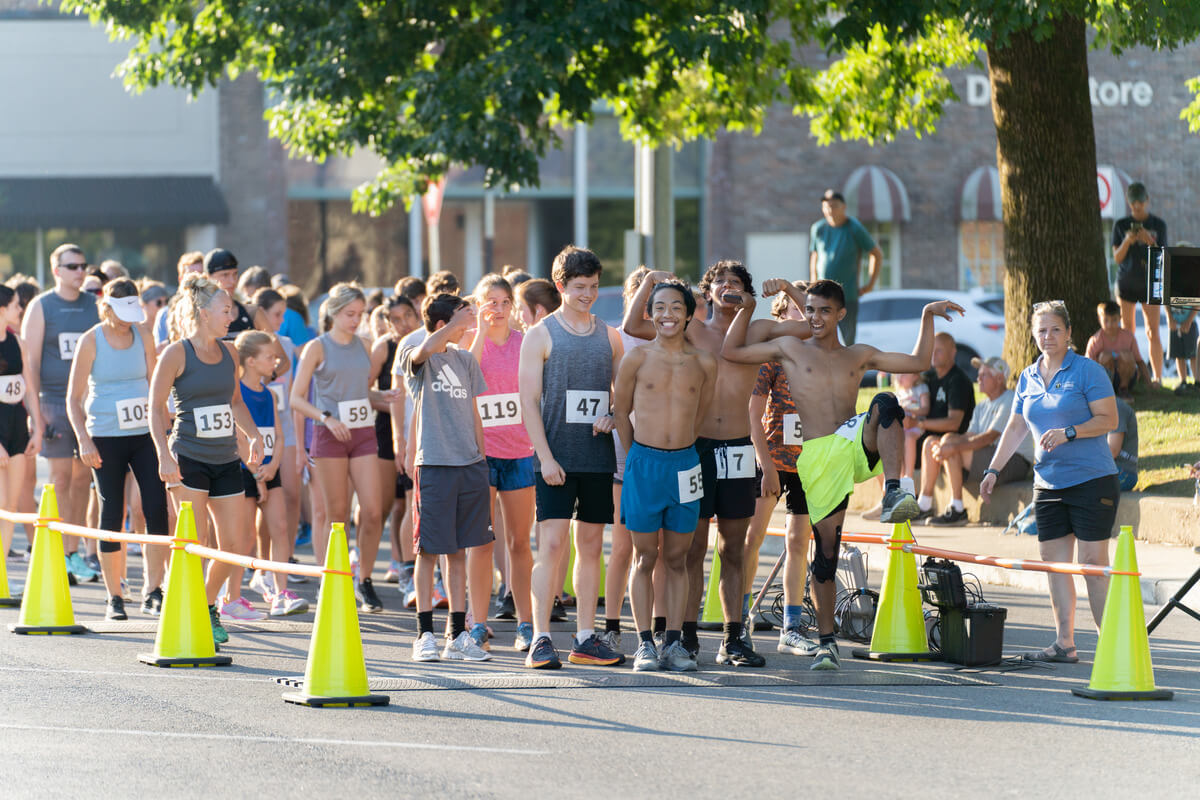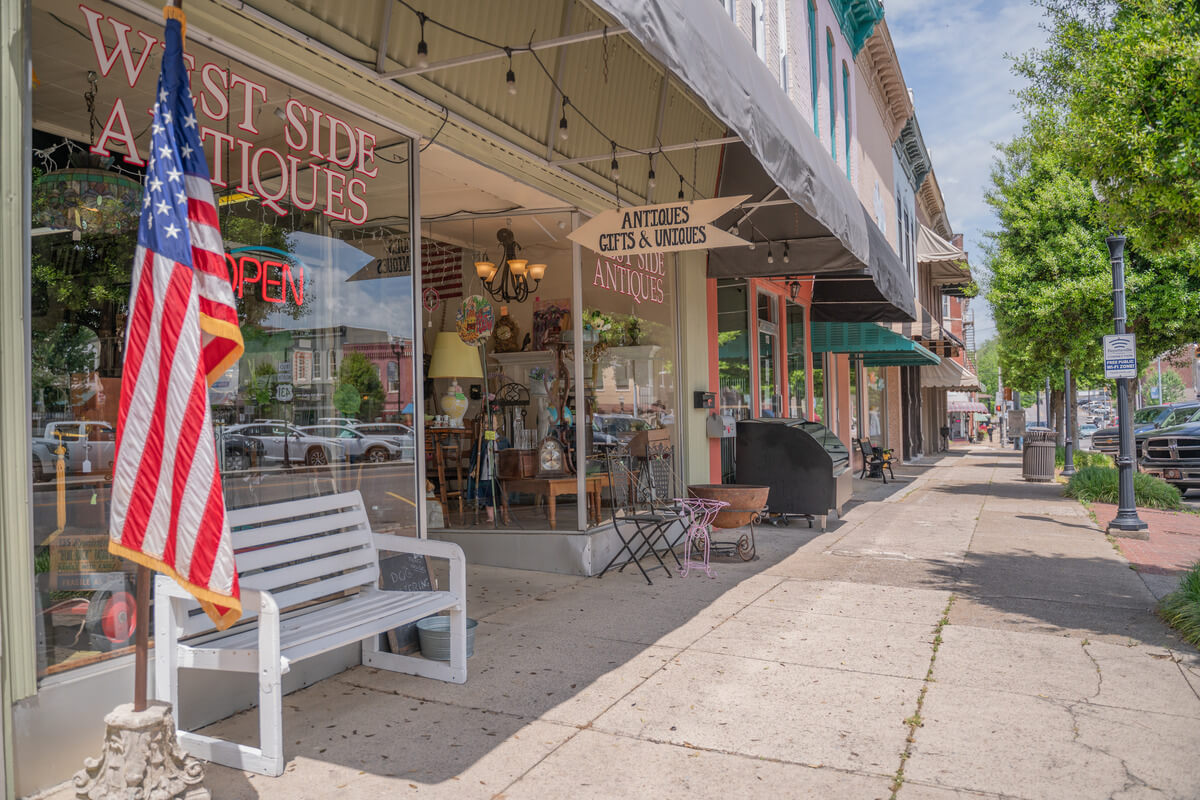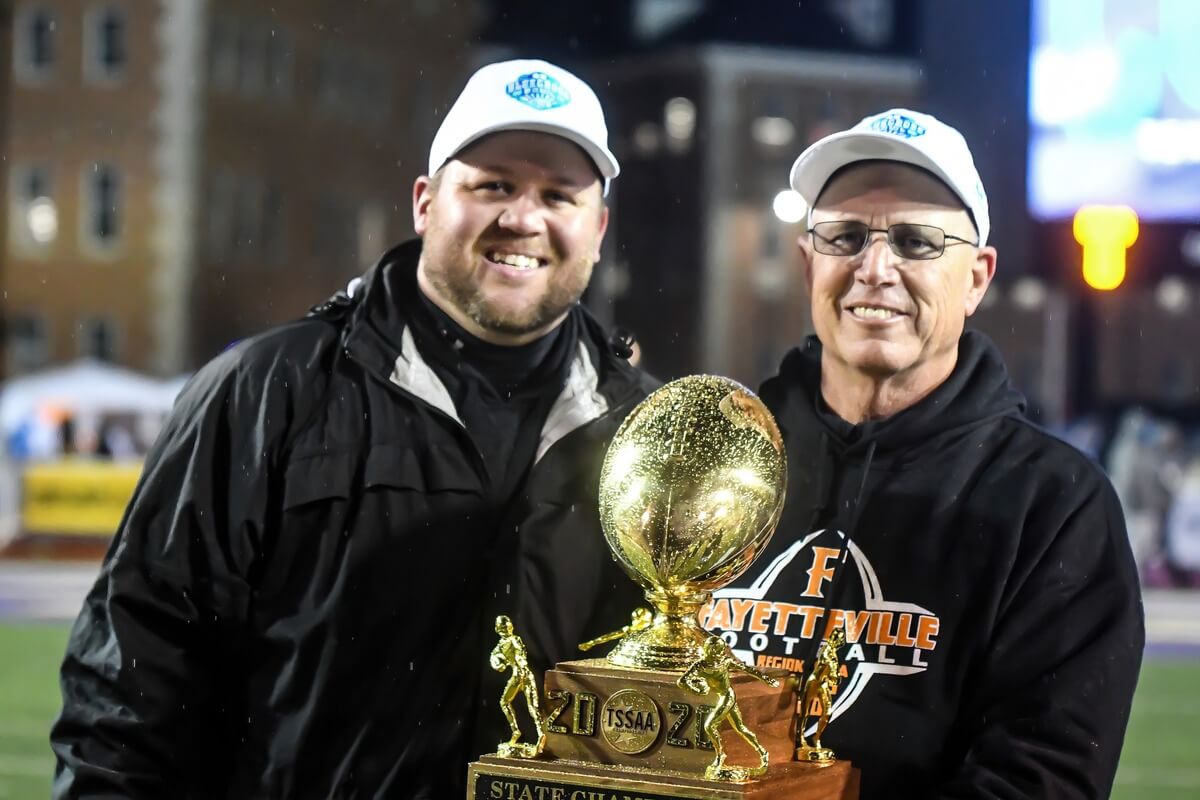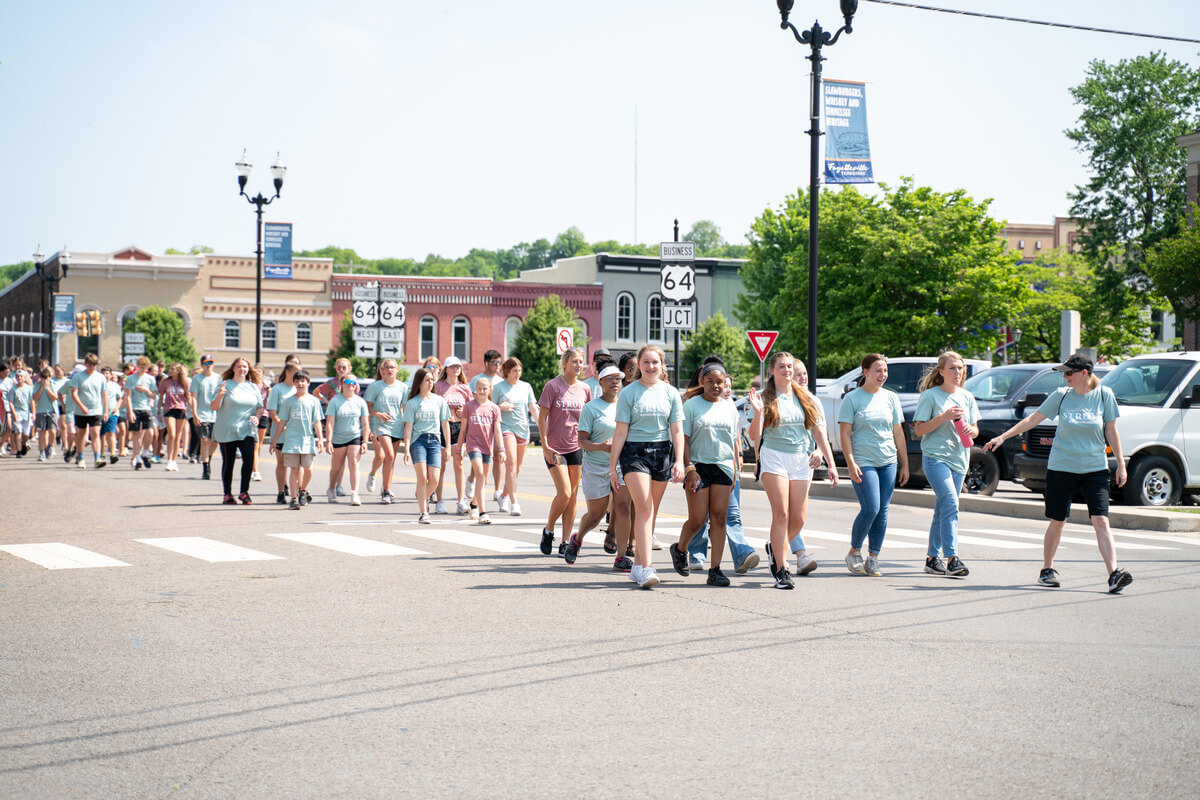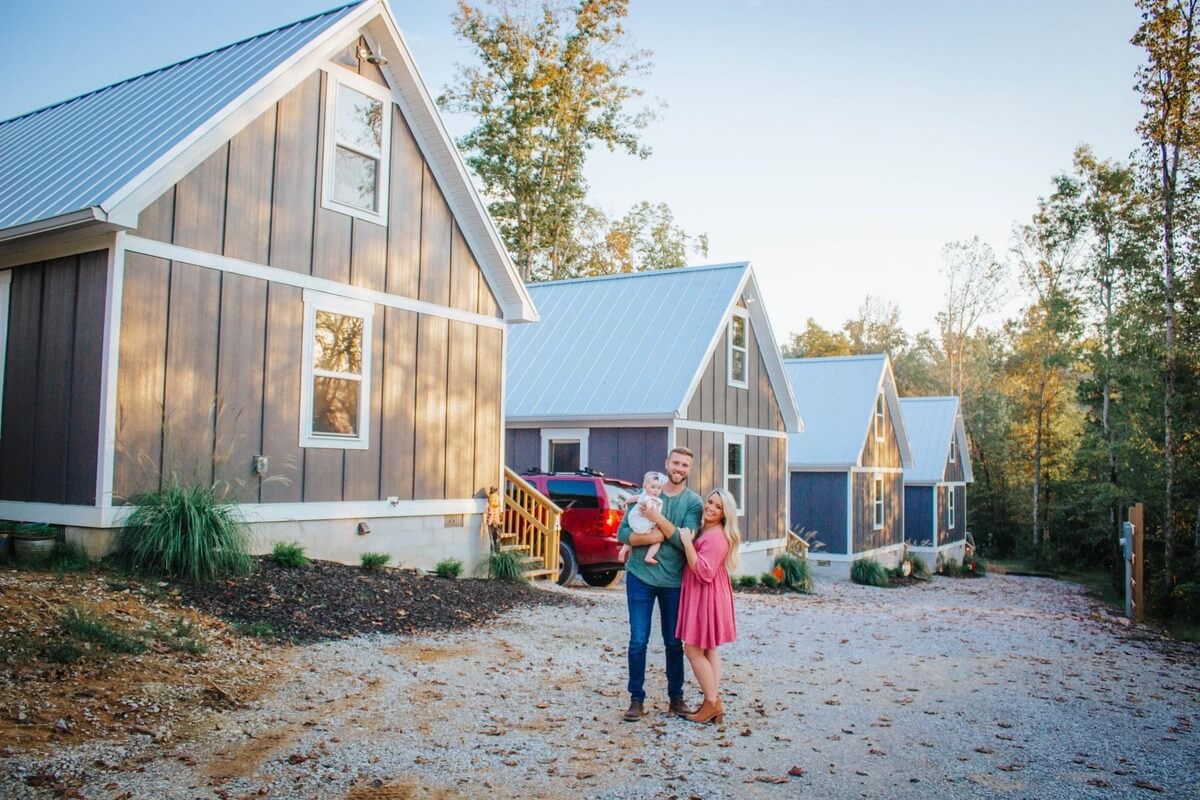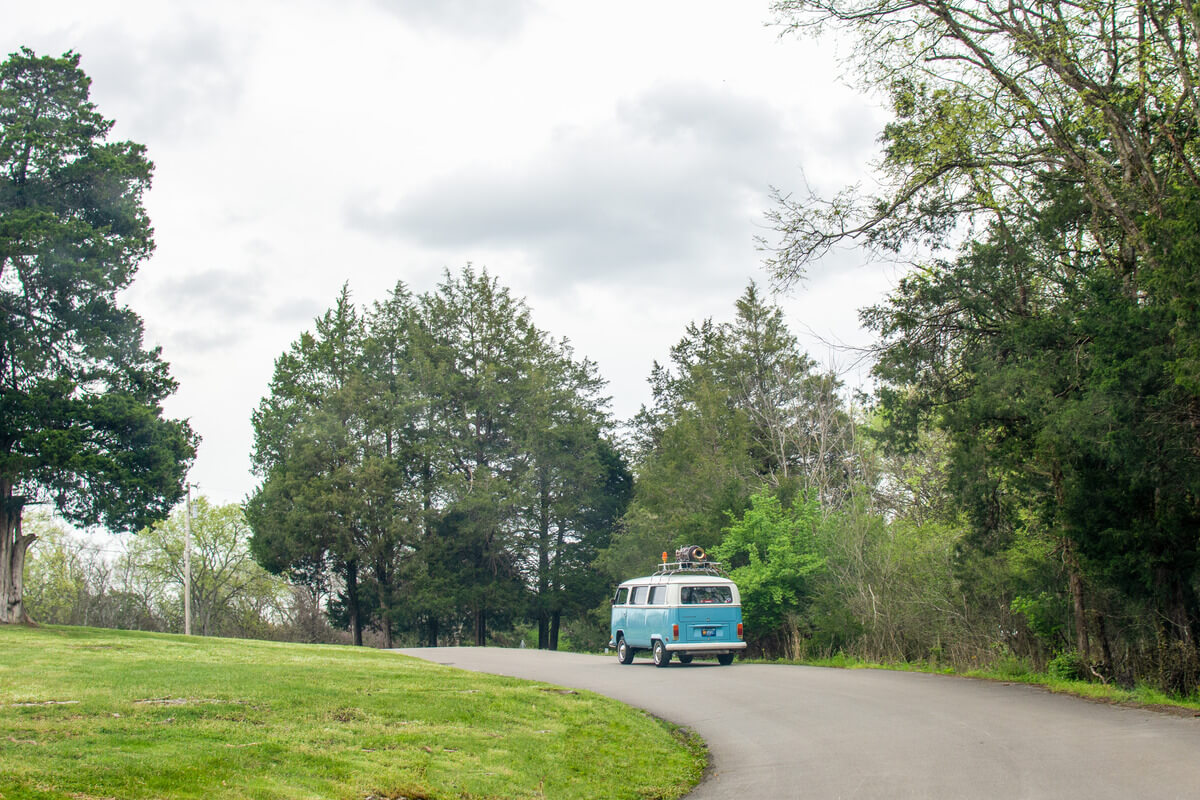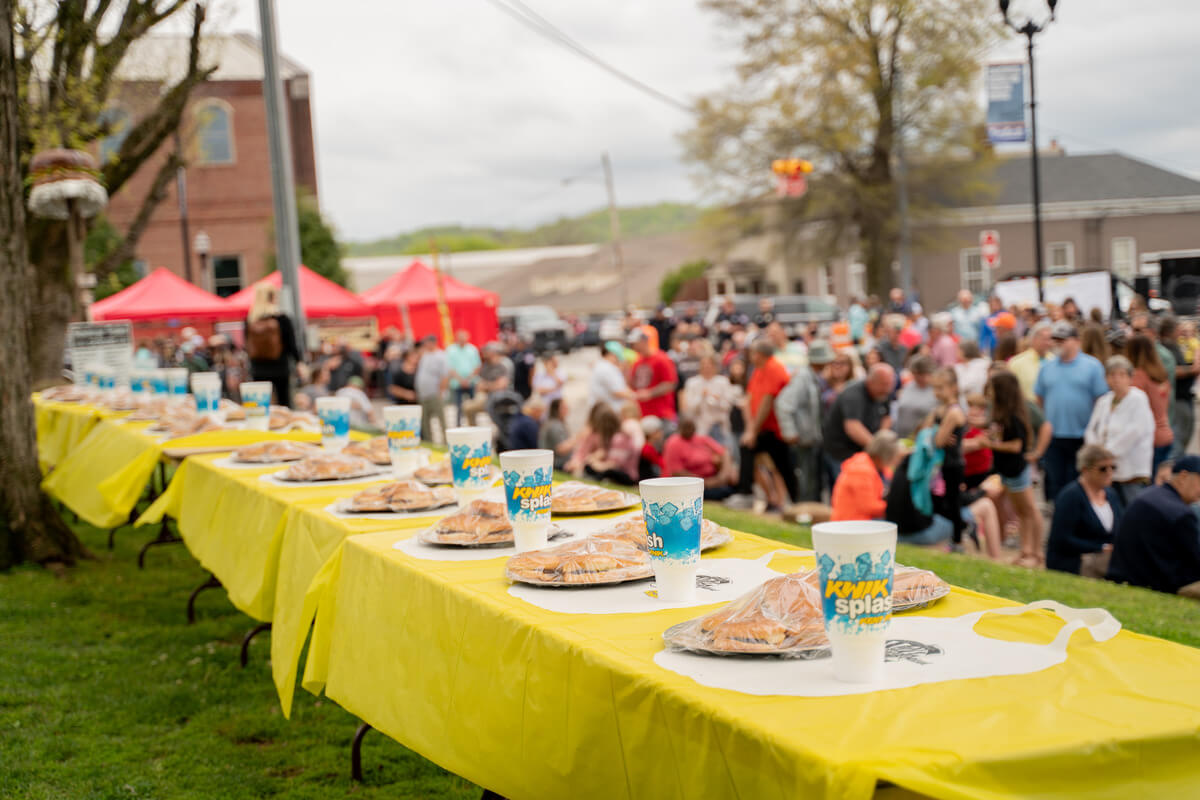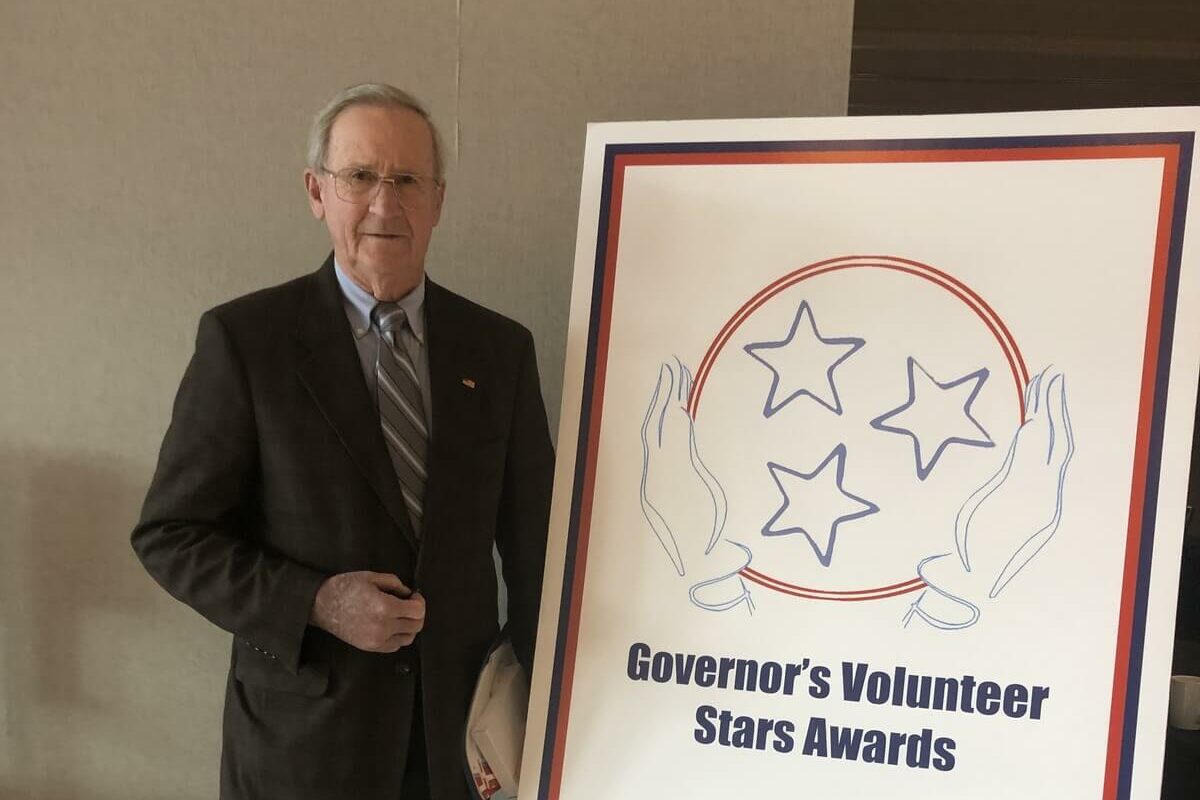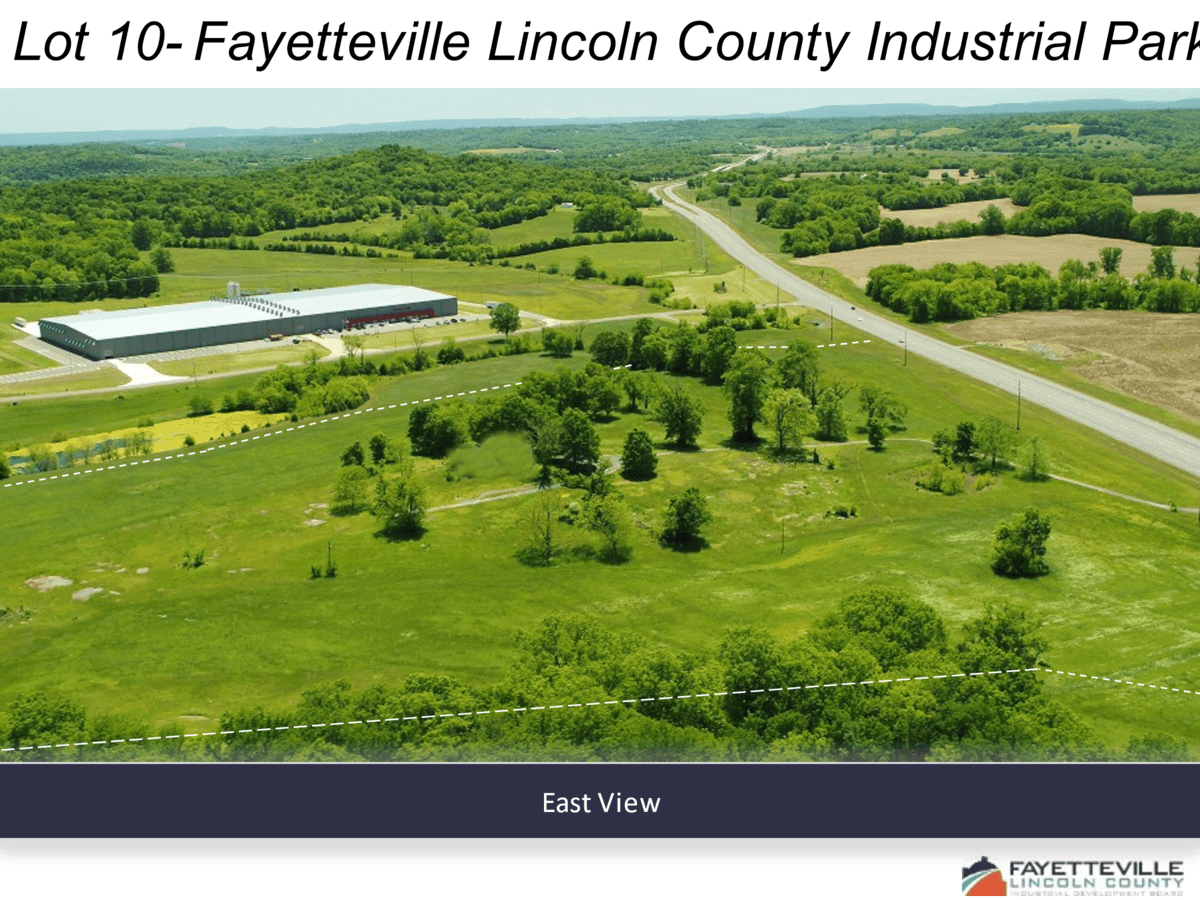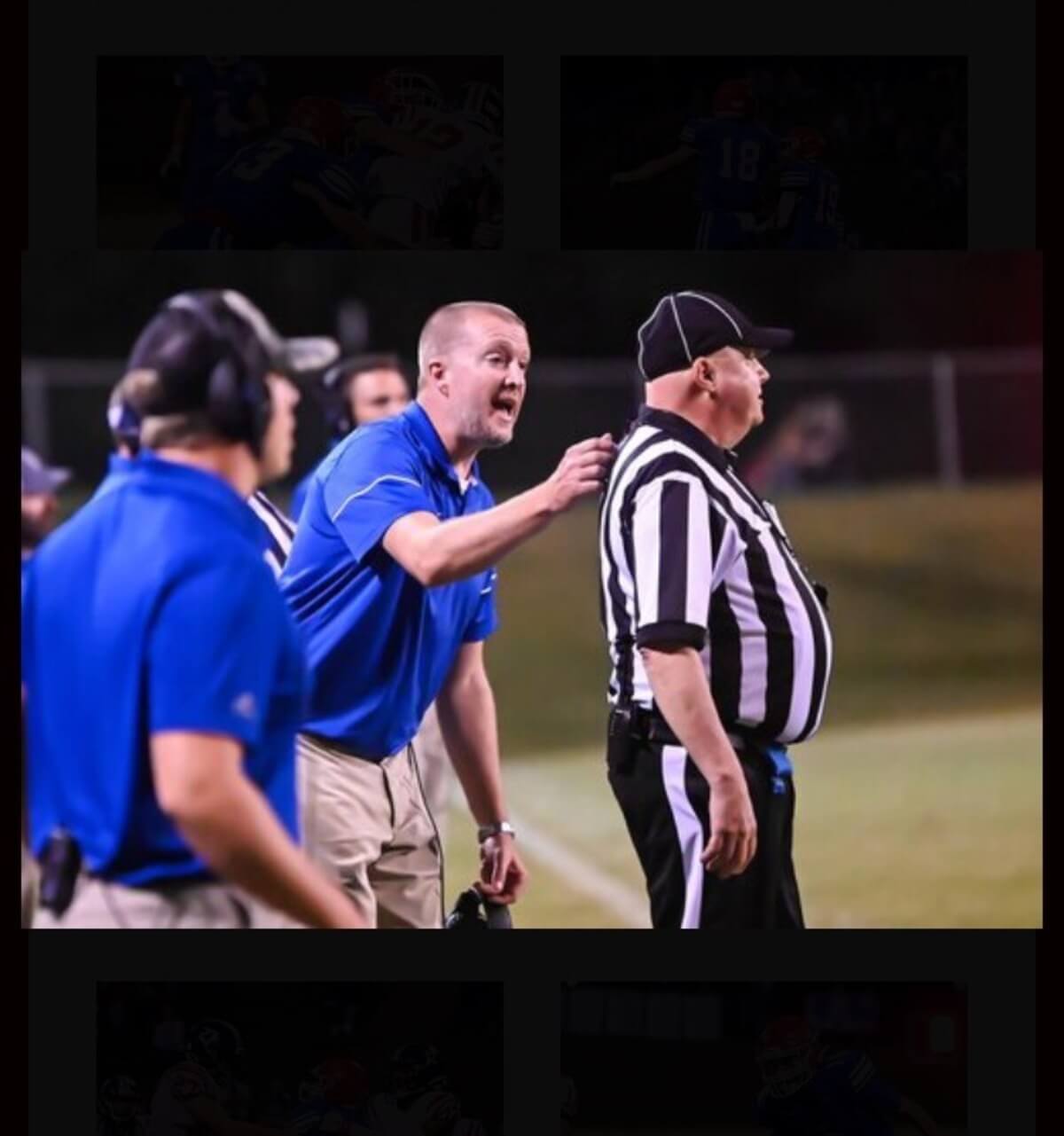The trail, long-established yet bearing recent footprints, stretched before him, promising breathtaking views and vistas with undergrowth of wildflowers, moss, and ferns. It also presented steep inclines and rocky outcrops that tested his resolve. As he pressed forward, each careful step unveiled traces of recent passage — faint indentations in the soil, grass blades slowly rebounding from the weight of boots that had just moved on.
Tim Smith knew the path well, like his favorite trails in the Great Smoky Mountains. He’d been there before, walking it as a teenager with his family, observing its twists and turns. He resisted its call for years, imagining other paths somewhere distant and different. Yet, as time passed, an inexplicable pull brought him back to this familiar route. When the choice finally became clear, he stepped onto the path again, finding it both familiar and new. While echoing those before him, each step he took carved out a path that was distinctly his own.
Smith, a Lincoln County native, was no stranger to a life in ministry. His father, Kirk Smith, became a pastor in Smith’s teenage years, framing his childhood with the routines and rhythms of his father’s pastoral work and traditional vocation. When adult life stretched before him along with its career choices, Smith stood at a crossroads.
“I just had other things that I wanted to do. I actually thought I wanted to pursue a career working with the government or politics,” Smith recalled. “But I just kept feeling that call over and over again. Finally, I told the Lord that if I had the opportunity to go preach somewhere, I’d go preach. I put that out there, I guess, as a test to the Lord because who’s going to call me if I’m not a preacher? I’ve not even said that I’m a preacher.”
He didn’t have to wait long for an answer.

“It wasn’t a week until the Boonshill Cumberland Presbyterian Church called me. Their pastor had left, and they asked me to come and preach for them for a month until they could get somebody else. I wound up staying there four years, and it was during that time that I really accepted the full call to the ministry and started my seminary work,” Smith conceded.
In 2004, Fayetteville Cumberland Presbyterian Church (FCPC) called Smith to pastor their congregation. This year, they celebrated his 20th year in their pulpit.
He said, “I couldn’t ask the people to be any more supportive than they’ve been. They treated me like family; they took me in. We have a very loving church, and I think that’s something you sense there. You know they have a lot of love for me, and I have a lot of love for them.”
A few years after entering the ministry full time at FCPC, declining health prompted Smith to exercise at the gym. Before long, he took his fitness routine outdoors, finding joy in hiking trails near home, like the Cumberland Plateau and the Smoky Mountains.
“I love hiking and being in nature. It’s physically challenging to hike a mountain or go on a 12-mile hike, and I like the challenge. There’s a sense of satisfaction after a tough hike that feels good,” Smith shared. “Hiking seems to renew my soul and spirit. There’s something about being outside in nature and experiencing God. By looking at His creation and reflecting on God, He’s renewed my spirit many times and revealed things to me. It’s an opportunity to have some quiet and peaceful time with God and to think and reflect.”

He said, “In the last few years, I’ve climbed Mount Elbert in Colorado, the highest mountain in the Rockies, and Mount Whitney in California, the highest in the continental United States.”
Smith’s greatest challenge to date, personally and professionally, was a 2022 mountain-top experience. He was struck by lightning atop a Colorado mountain.
“At the time, I didn’t realize I had been hit that bad. I walked out and was able to get back to my car. I just had a burn on my face. But I noticed after that, I started having trouble with my memory,” Smith said. “After a lot of doctors examined me and looked at everything, they said they believed that some of the lightning went through part of my brain. My brain doesn’t work as well as it used to. The doctors all tell me that I shouldn’t be alive, so I’m fortunate there. I’m blessed that the Lord saw fit to spare me.”
Following the accident, sermon preparation became more challenging, but his congregation remained patient.
“I knew the Lord was giving me the words to say, but it came very easily to me. Now, it comes a lot harder, but He still gives me the words to say,” Smith believes.

Whether pastoring the church, navigating life, or hiking along his favorite trails, he understands the value of consulting the proper resources.
He said of his faith journey, “It’s become a lot stronger, and I’ve become a lot more dependent on the Lord. Anytime you start out, you think you know what you’re doing; you don’t, but you think you do. I’ve come to realize that no matter how long you do it, you still don’t really know what you’re doing. You just have to depend on the Lord to guide you.”
Smith’s journey through ministry mirrors the trails he loves to hike — filled with breathtaking views, unexpected challenges, and moments of profound reflection. After two decades at FCPC, he continues navigating the intricate landscape of faith and community, carrying forward the lessons learned from his father and his own experiences. With each new step, Smith remains committed to his calling, finding strength in vulnerability and connection with those he serves. In every sermon delivered and every trail conquered, he discovers that the path of faith is not just about the destination but the journey itself. GN


